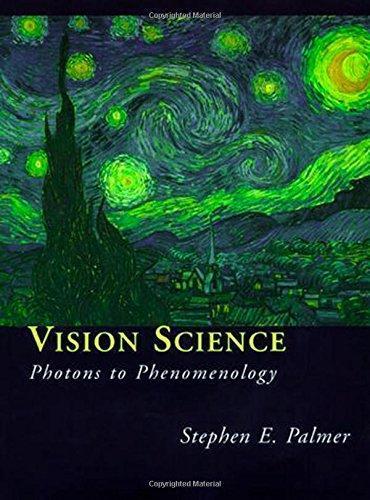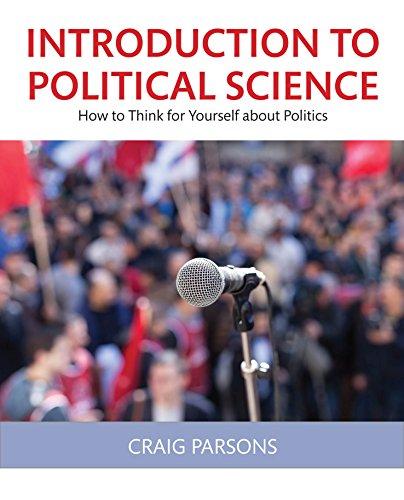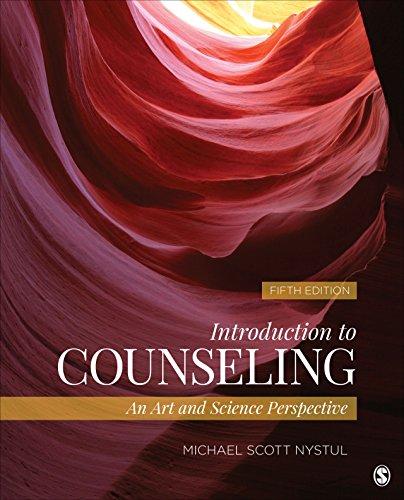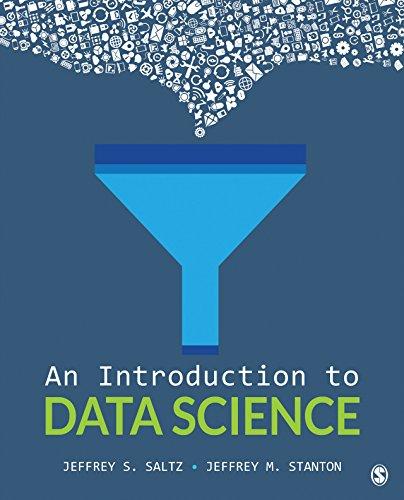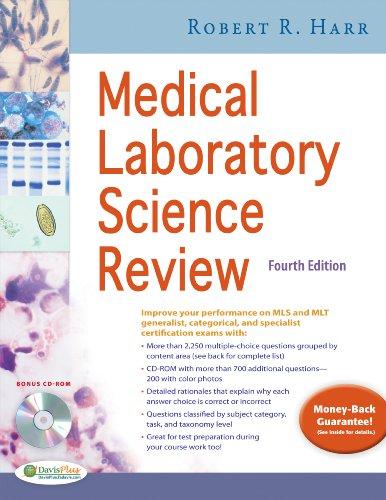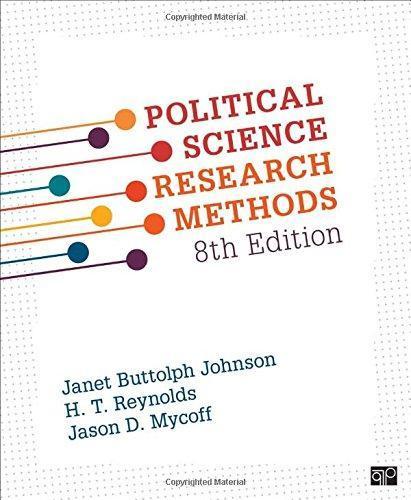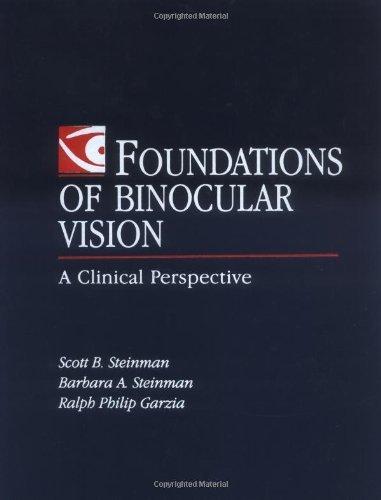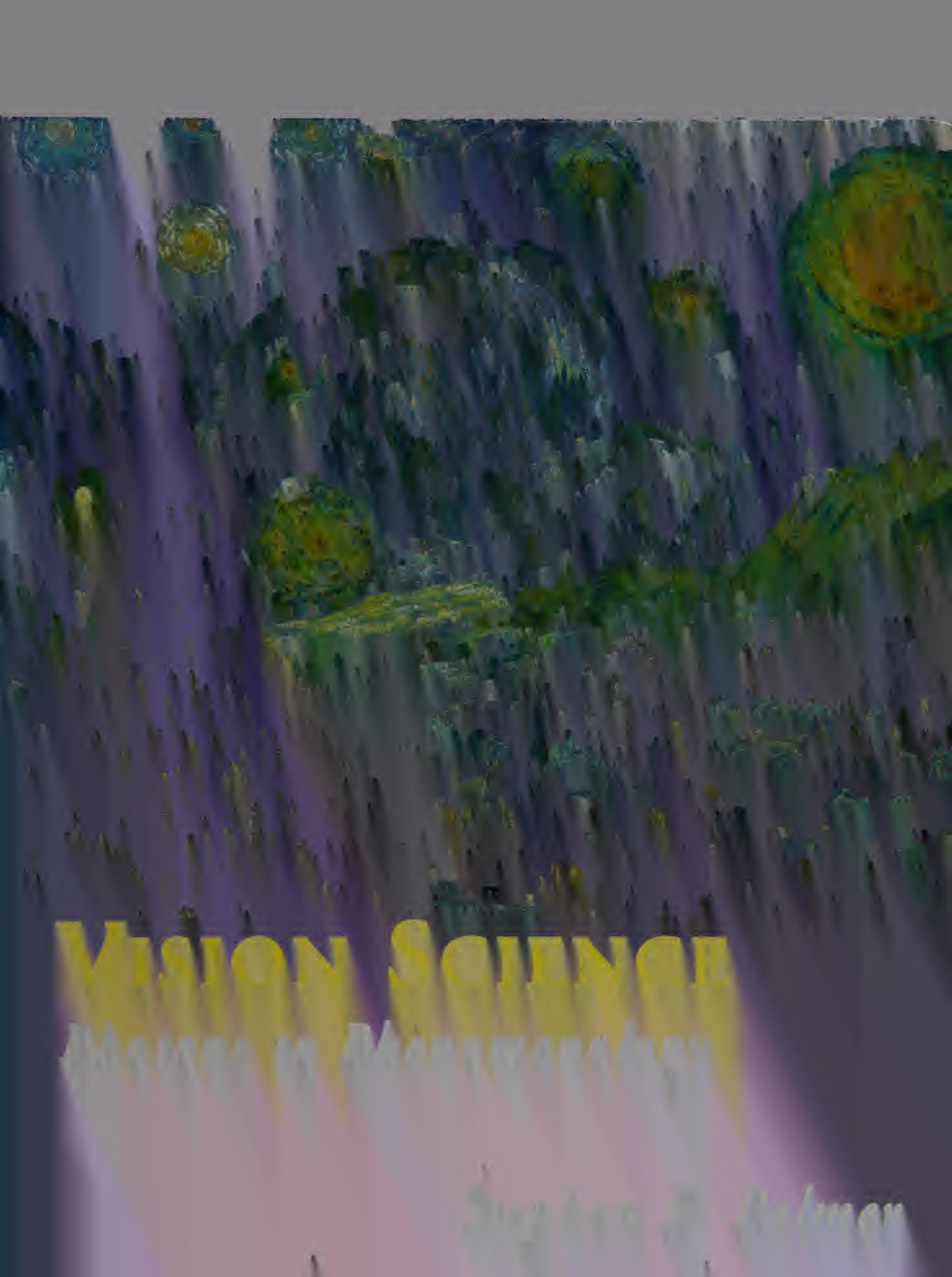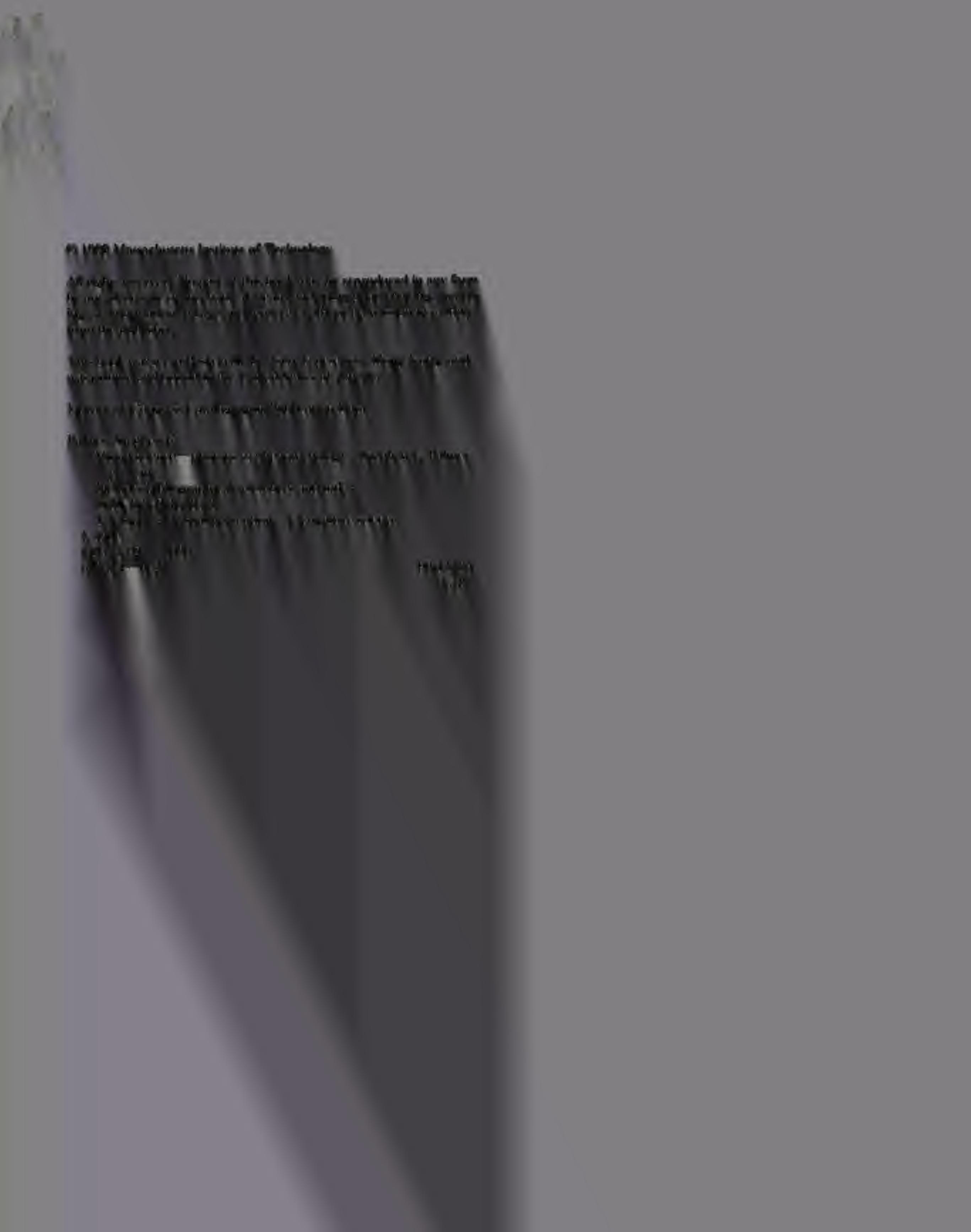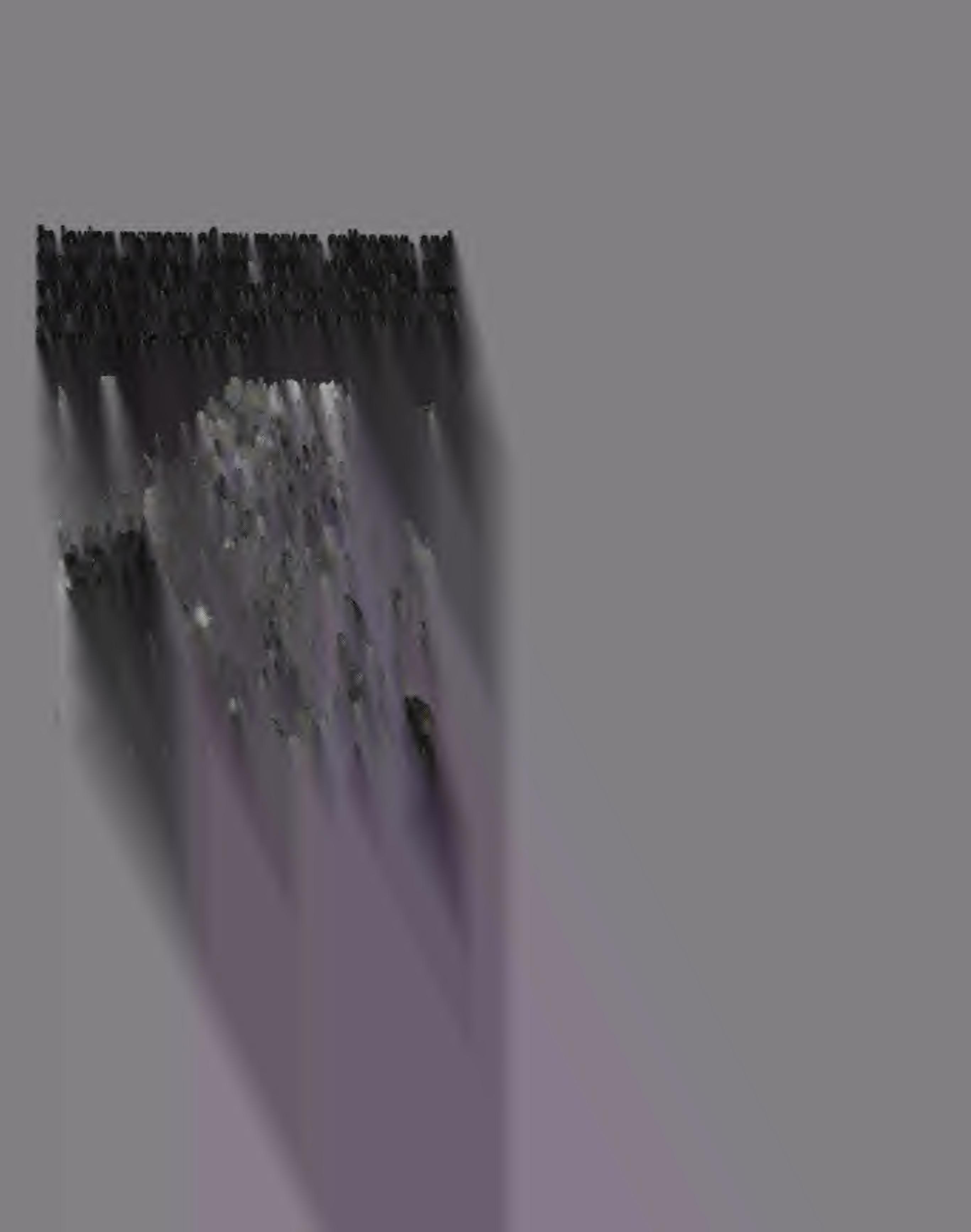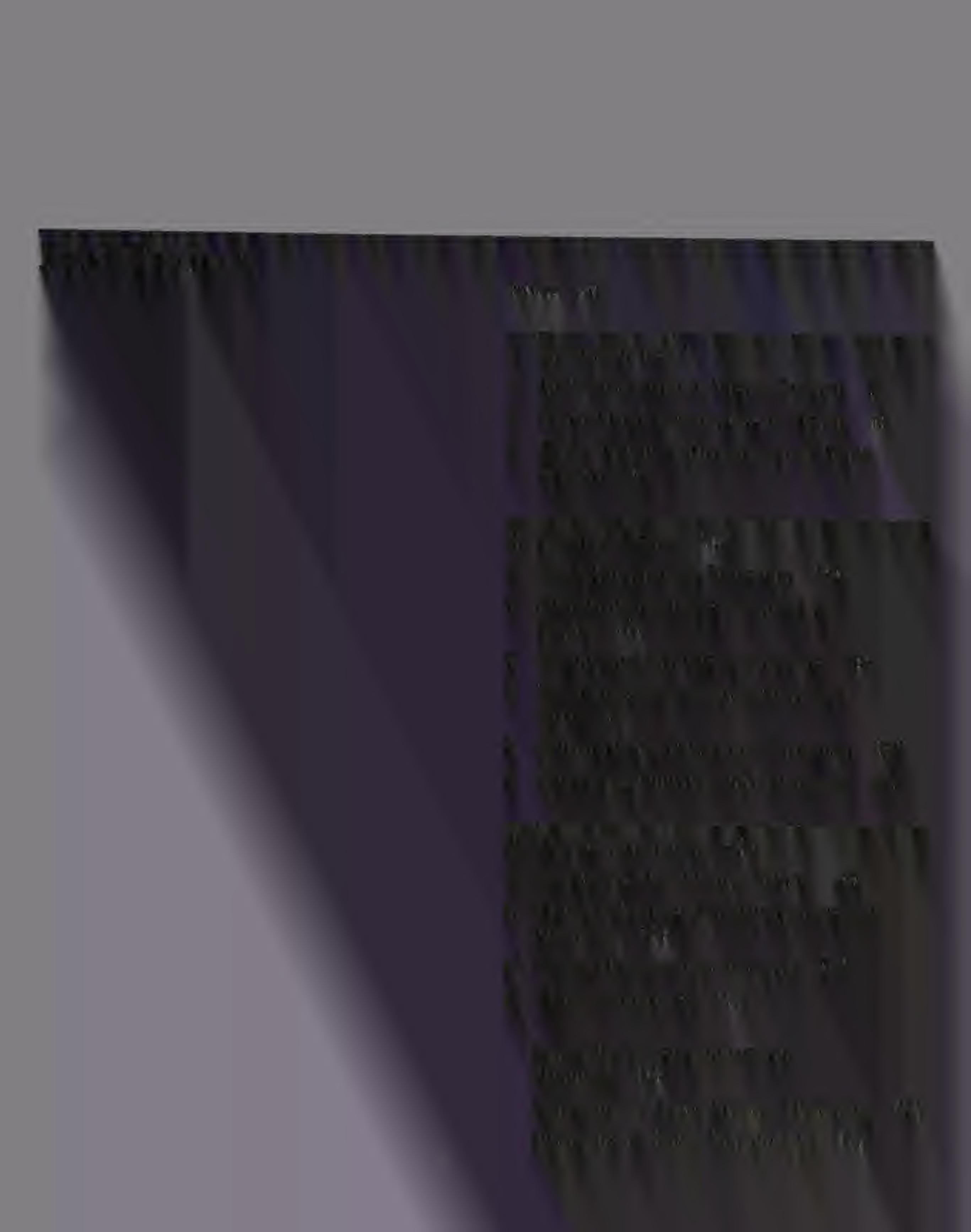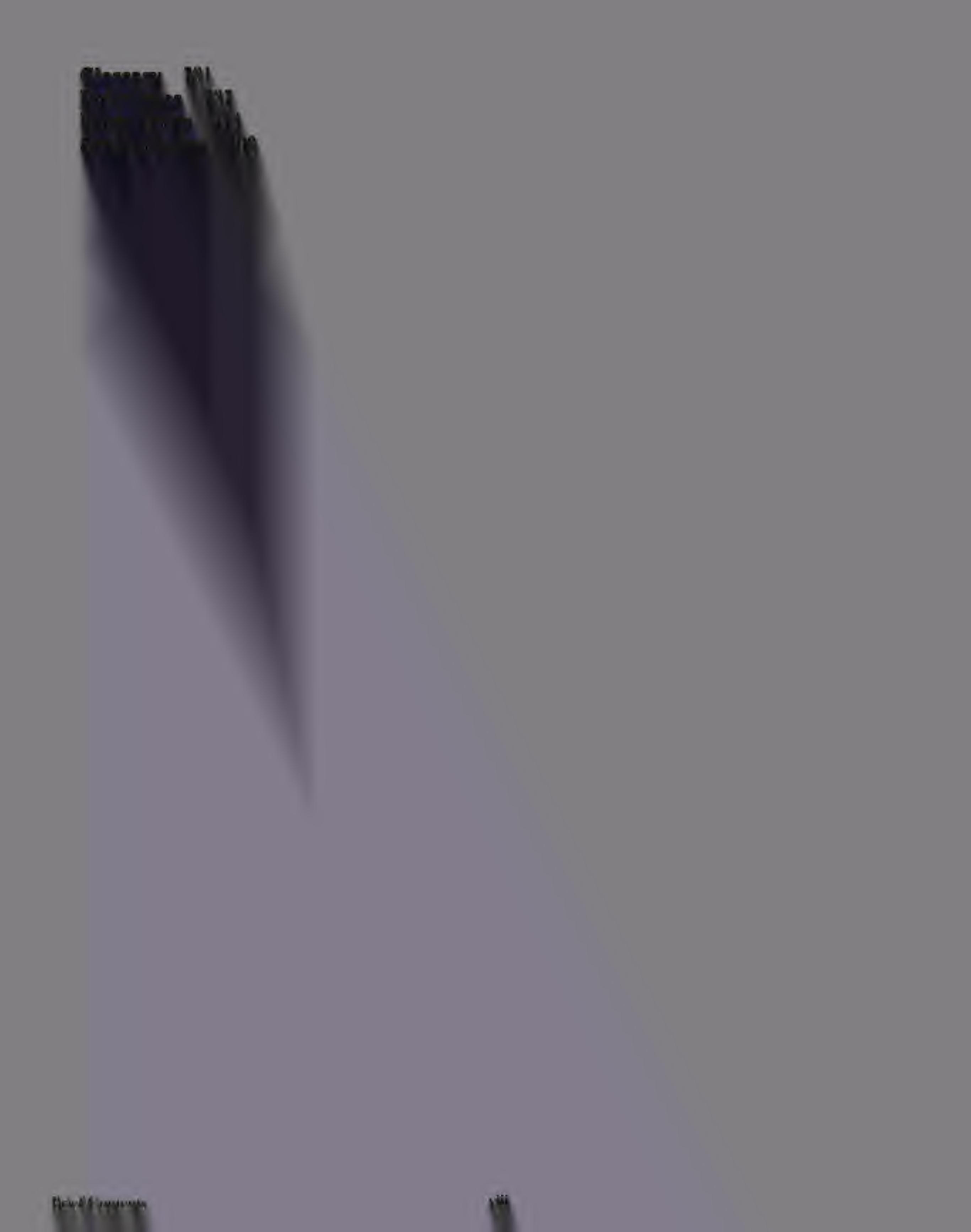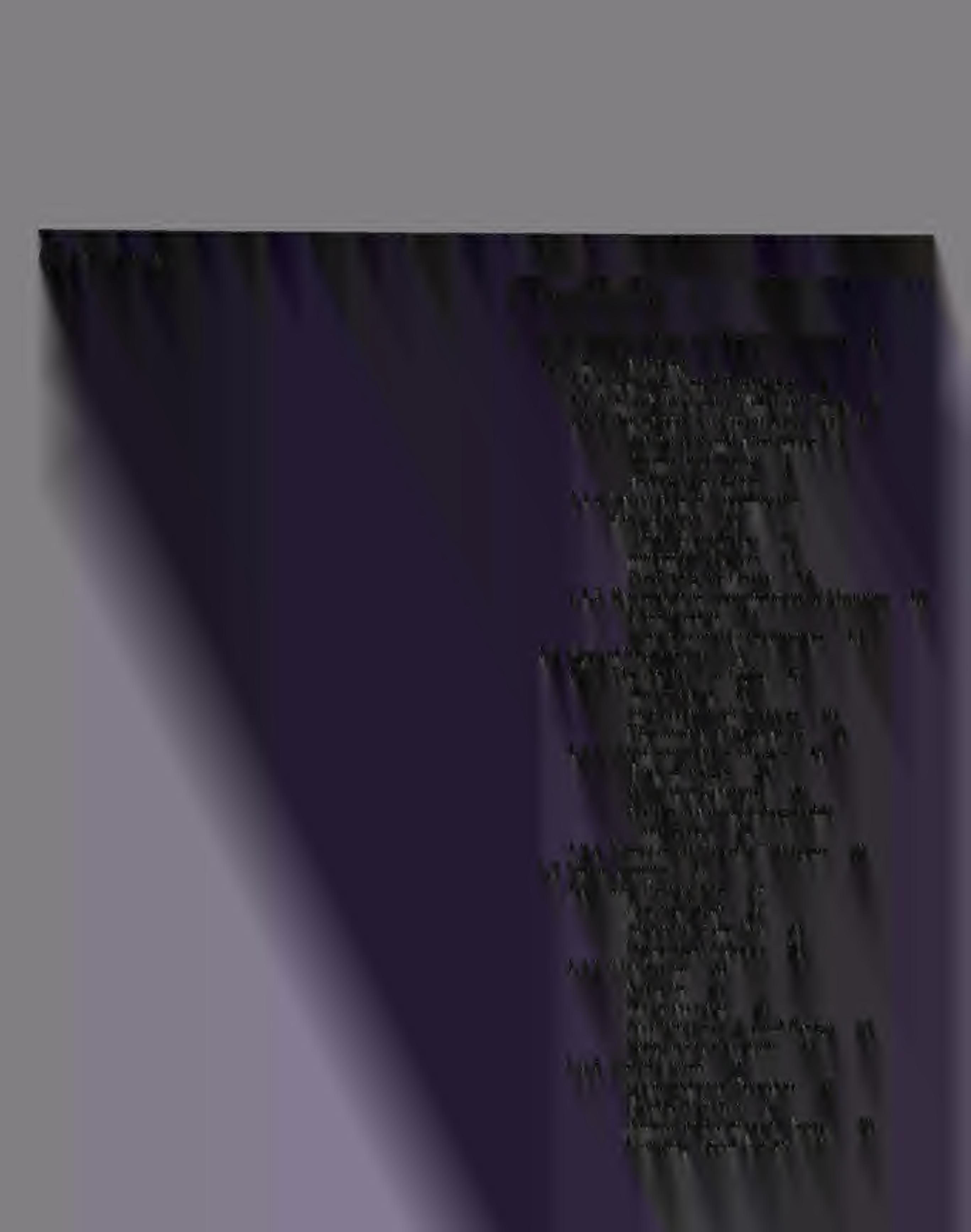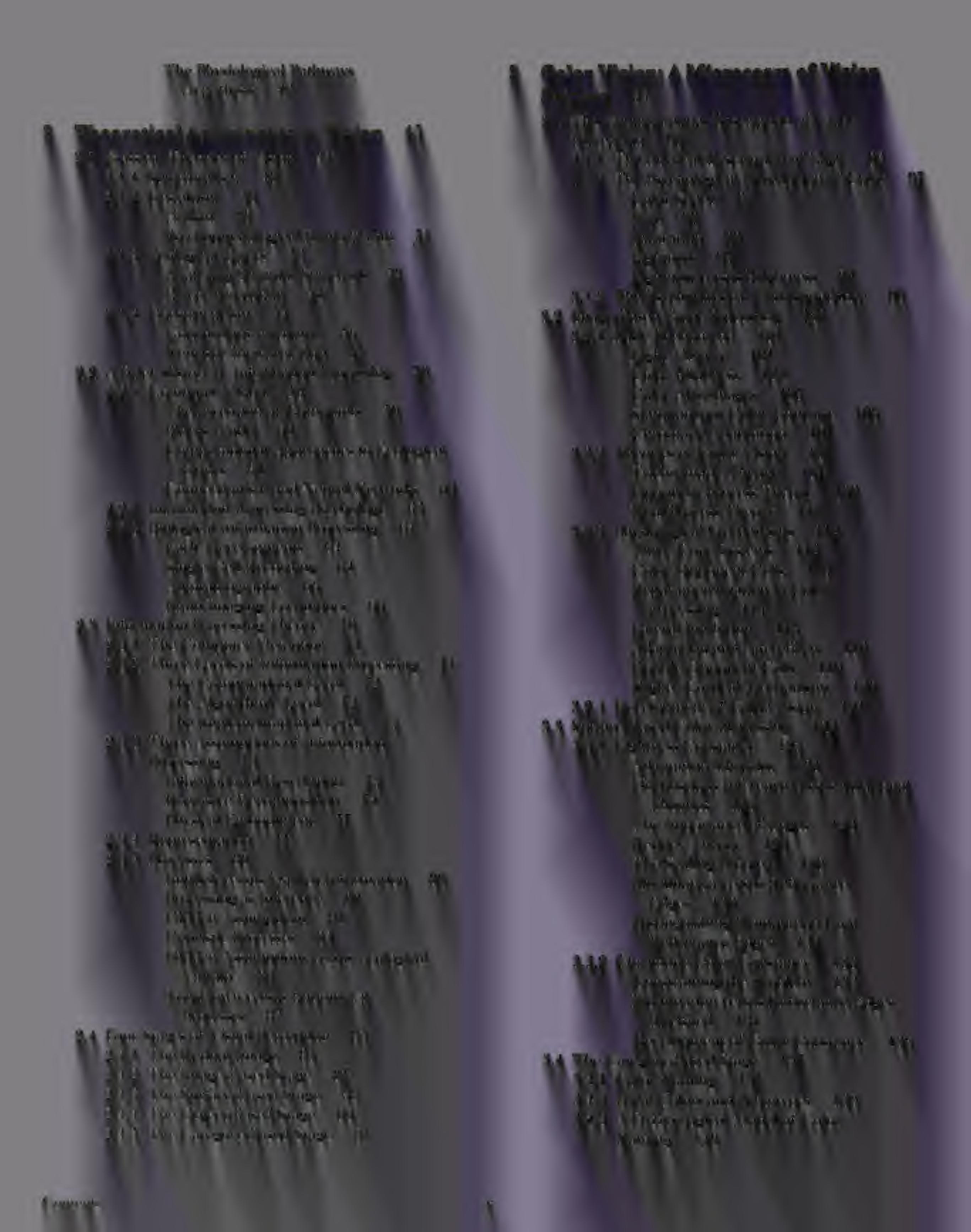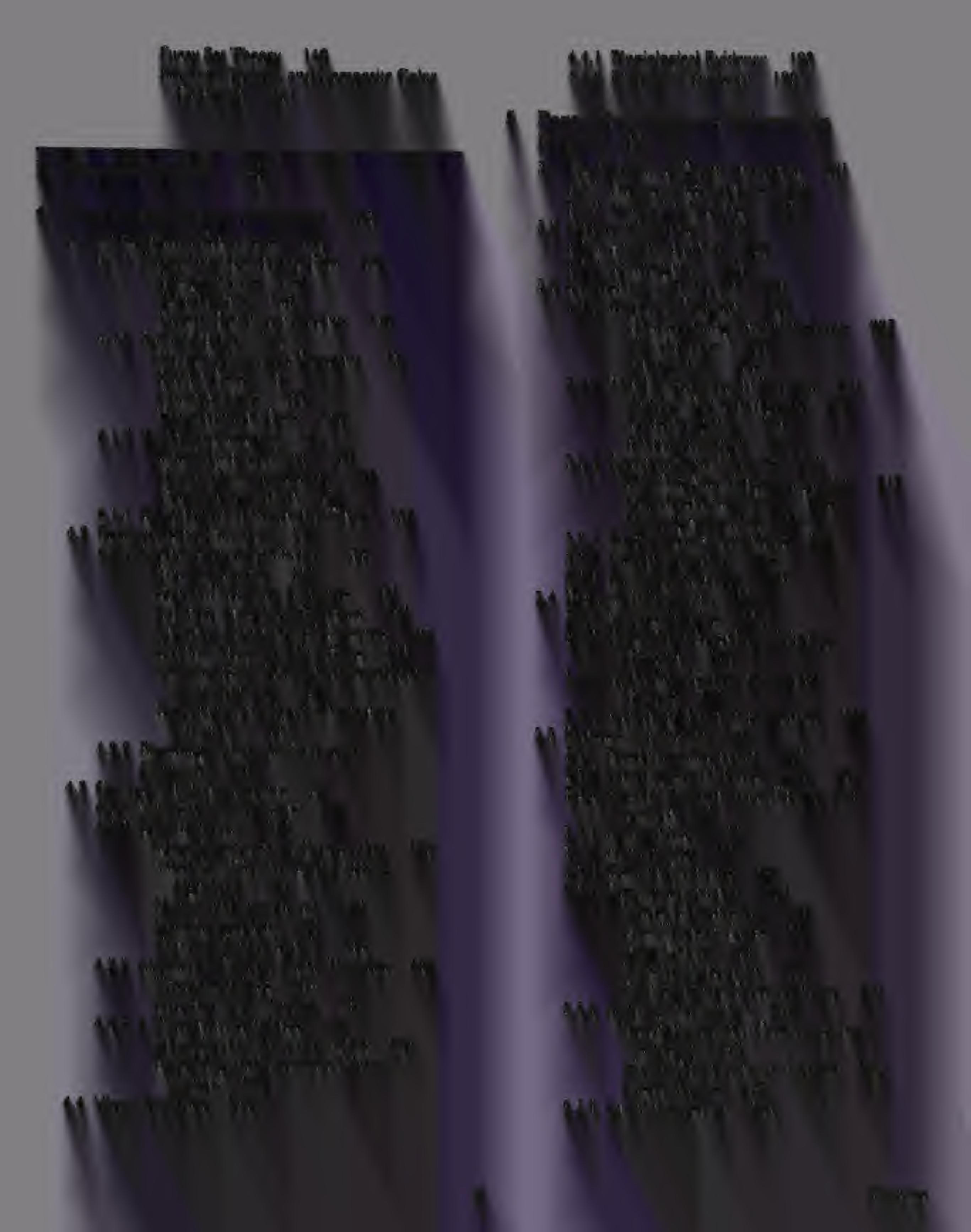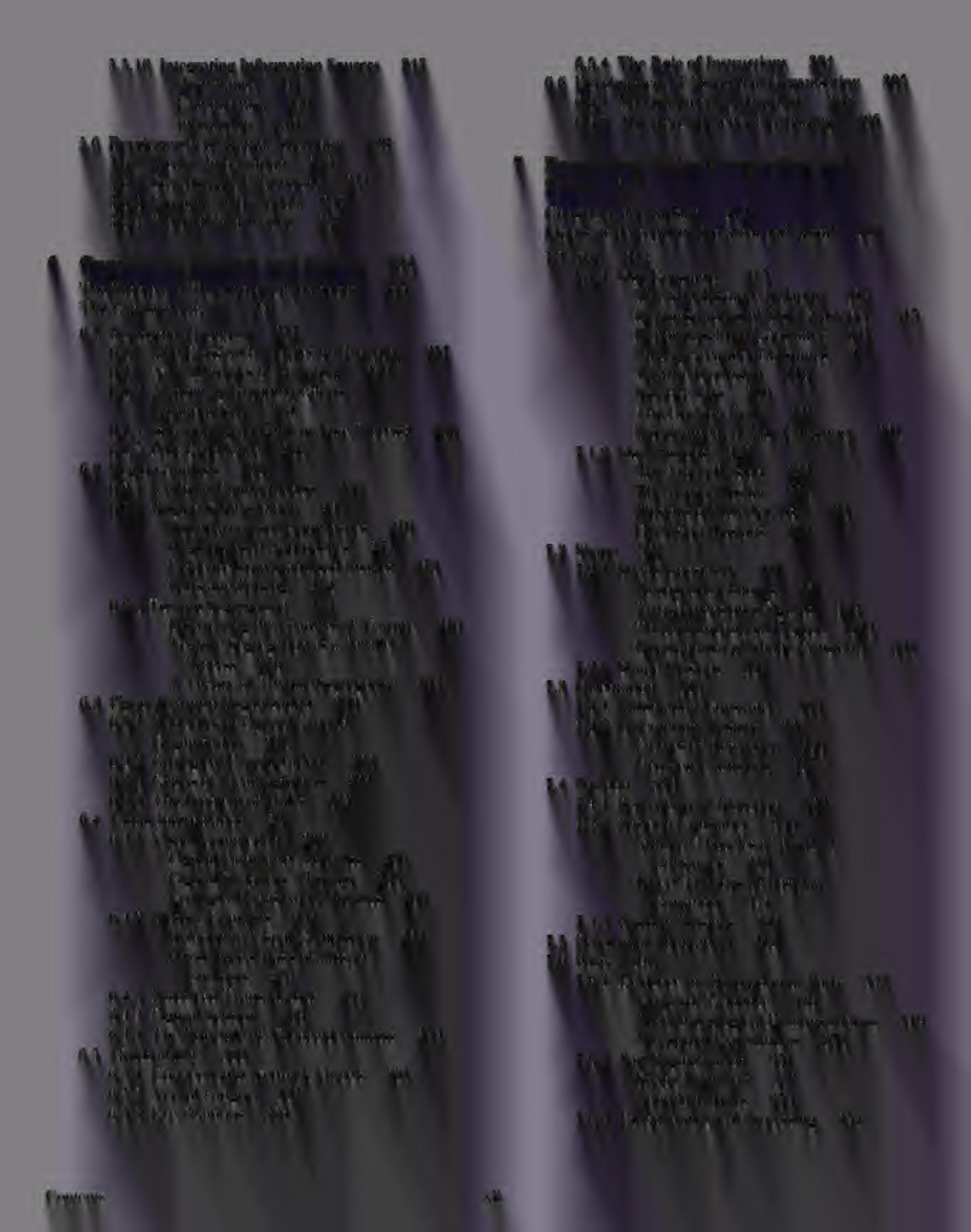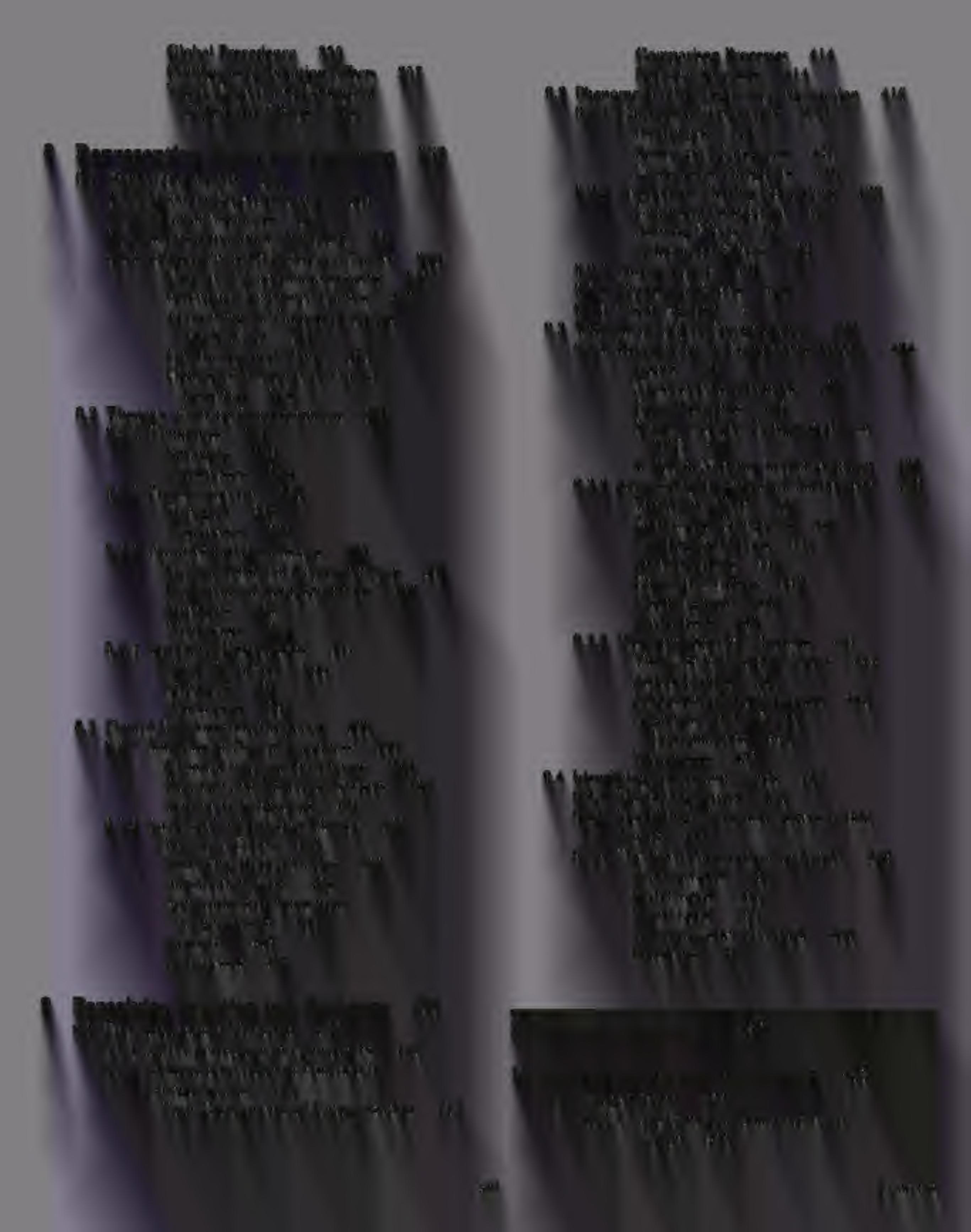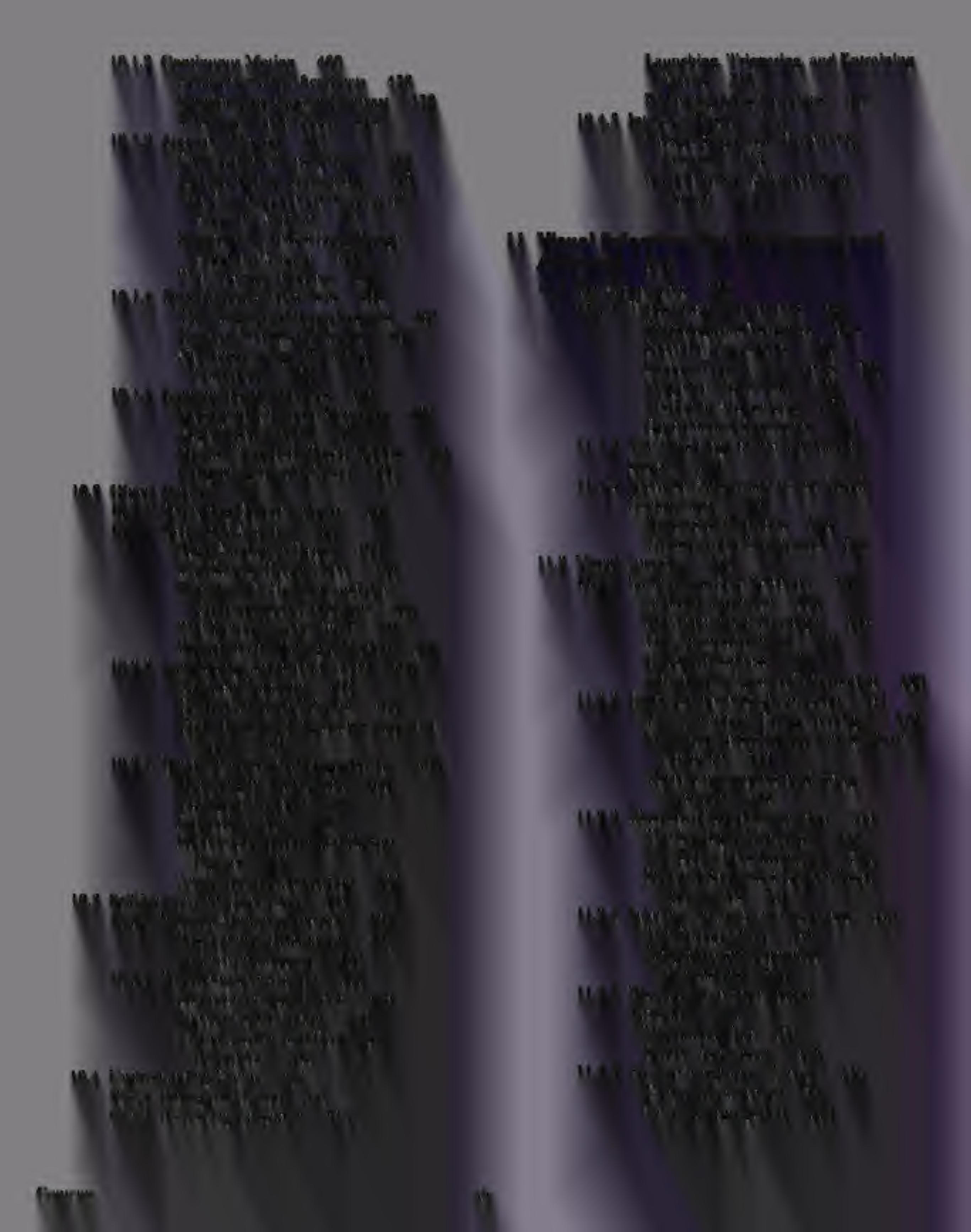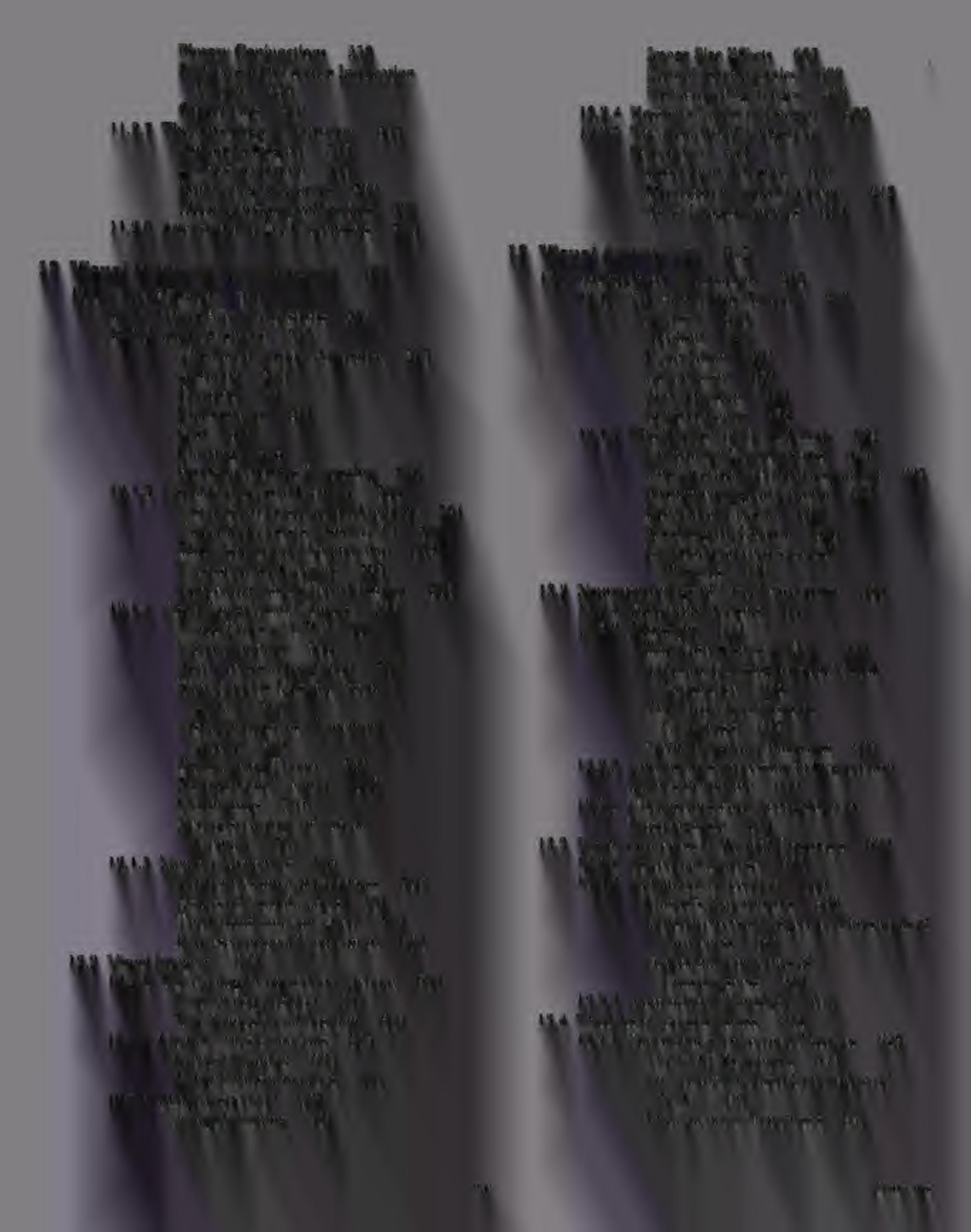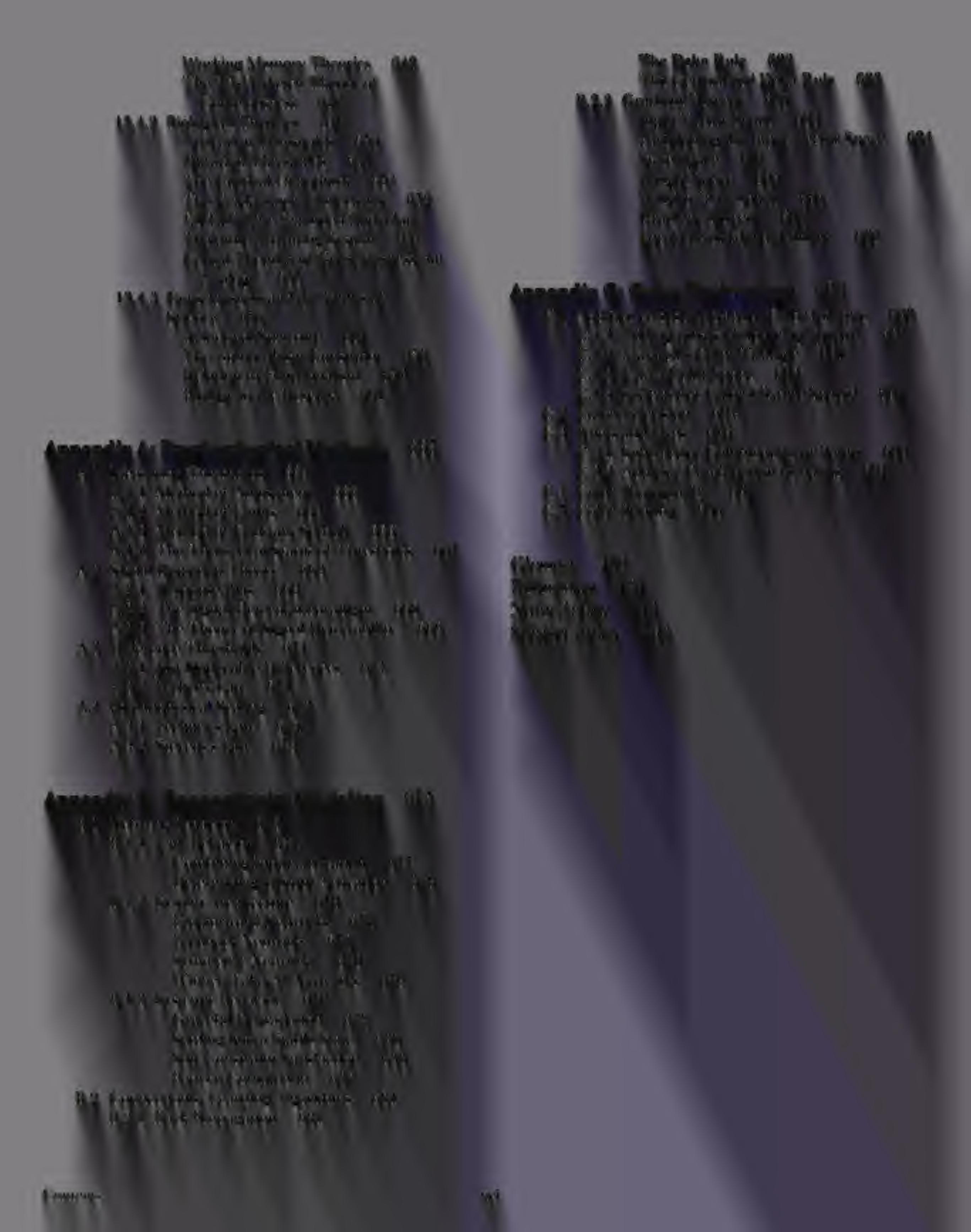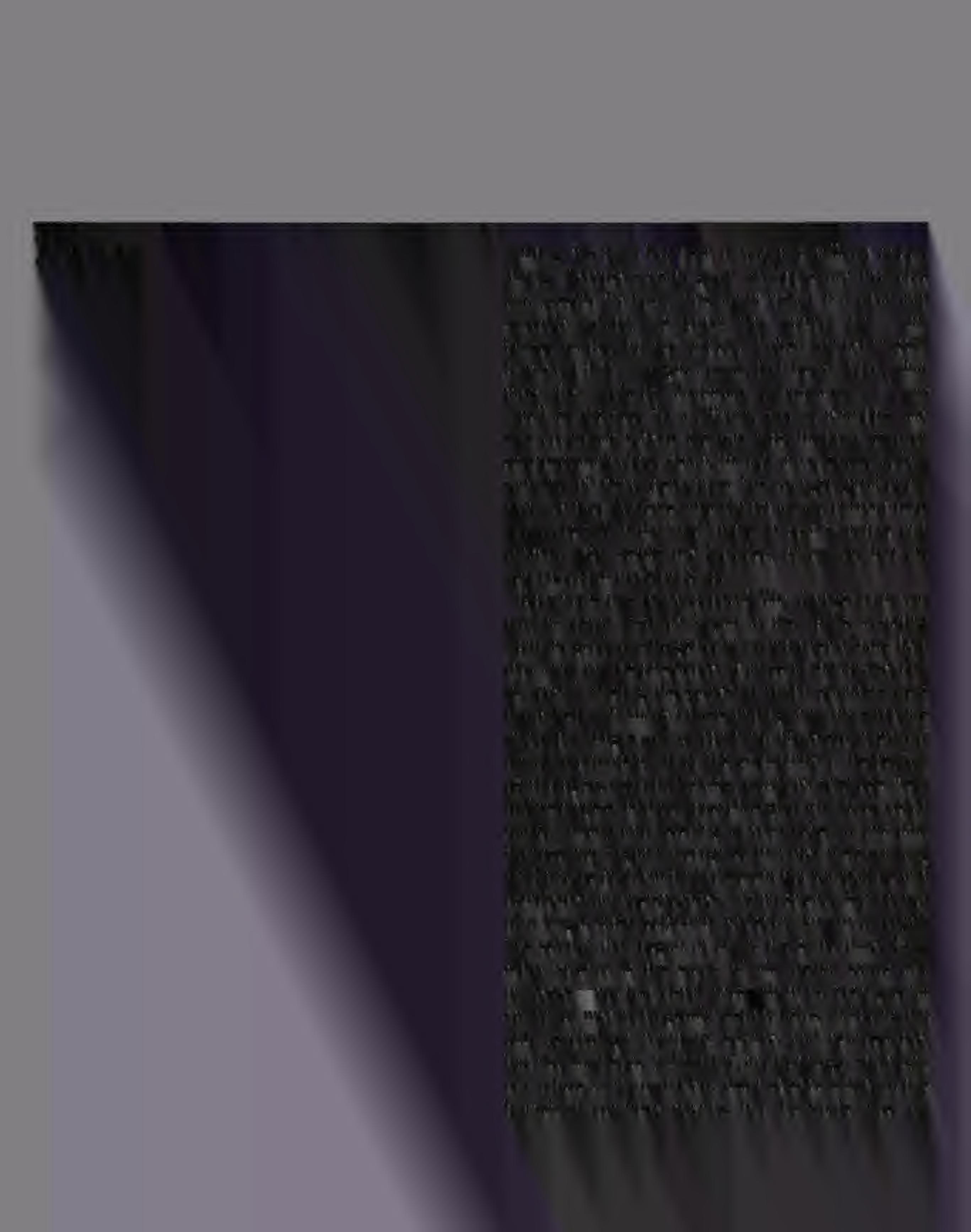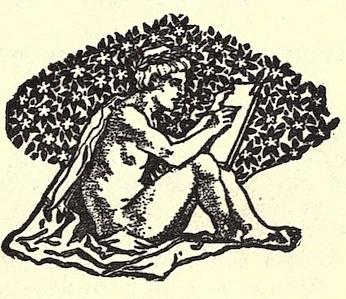Vision Science: Photons to Phenomenology 1st Edition – Ebook PDF Version
https://ebookmass.com/product/vision-sciencephotons-to-phenomenology-1st-edition-ebook-pdfversion/
Download more ebook from https://ebookmass.com
More products digital (pdf, epub, mobi) instant download maybe you interests ...
Introduction to 80×86 Assembly Language and Computer Architecture – Ebook PDF Version
https://ebookmass.com/product/introduction-to-8086-assemblylanguage-and-computer-architecture-ebook-pdf-version/
Groundwater Science – Ebook PDF Version
https://ebookmass.com/product/groundwater-science-ebook-pdfversion/
Introduction to Political Science 1st Edition, (Ebook PDF)
https://ebookmass.com/product/introduction-to-politicalscience-1st-edition-ebook-pdf/
Introduction to Counseling: An Art and Science Perspective – Ebook PDF Version
https://ebookmass.com/product/introduction-to-counseling-an-artand-science-perspective-ebook-pdf-version/
An Introduction to Data Science 1st Edition, (Ebook PDF)
https://ebookmass.com/product/an-introduction-to-datascience-1st-edition-ebook-pdf/
Medical Laboratory Science Review – Ebook PDF Version
https://ebookmass.com/product/medical-laboratory-science-reviewebook-pdf-version/
Political Science Research Methods 8th Edition – Ebook
PDF Version
https://ebookmass.com/product/political-science-researchmethods-8th-edition-ebook-pdf-version/
Principles of Environmental Science 8th Edition – Ebook
PDF Version
https://ebookmass.com/product/principles-of-environmentalscience-8th-edition-ebook-pdf-version/
Foundations of Binocular Vision: A Clinical Perspective 1st Edition, (Ebook PDF)
https://ebookmass.com/product/foundations-of-binocular-vision-aclinical-perspective-1st-edition-ebook-pdf/
mi © 1999 Massachusetts Institute of Technology
All rights reserved. No part of this book may be reproduced in any form by any electronic or mechanical means (including photocopying, record¬ ing, or information storage and retrieval) without permission in writing from the publisher.
This book was set in Baskerville by Asco Typesetters, Hong Kong, and was printed and bound in the United States of America.
Library of Congress Cataloging-in-Publication Data
Palmer, Stephen E.
Vision science—photons to phenomenology / Stephen E. Palmer, p. cm.
Includes bibliographical references and index.
ISBN 0-262-16183-4
1. Vision. 2. Visual perception. 3. Cognitive science.
I. Title.
QP475.P24 1999
612.8'4—dc21 99-11785
In loving memory of my mentor, colleague, and friend, Irvin Rock (1922—1995), who taught me more about visual perception than everyone else combined and who showed me by example what it means to be a scientist.
Glossary 701
References 737
Name Index 771
Subject Index 780
An Introduction to Vision Science 3 1.1 Visual Perception 5 1.1.1 Defining Visual Perception 5
1.1.2 The Evolutionary Utility of Vision 6
1.1.3 Perception as a Constructive Act 7 Adaptation and Aftereffects 7 Reality and Illusion 7 Ambiguous Figures 9
1.1.4 Perception as Modeling the Environment 10 Visual Completion 10
Objects 11
the Future 12
1.1.5 Perception as Apprehension of Meaning 13
13
and Consciousness 13 1.2 Optical Information 15 1.2.1 The Behavior of Light 15
15
with Surfaces 16 The Ambient Optic Array 18 1.2.2 The Formation of Images 19 Optical Images 20 Projective Geometry 20 Perspective and Orthographic Projection 21
1.2.3 Vision as an “Inverse” Problem 23 1.3 Visual Systems 24
1.3.1 The Human Eye 24 Eye and Brain 24
Anatomy of the Eye 25
Physiological Optics 26
1.3.2 The Retina 28 Neurons 28
Photoreceptors 29 Peculiarities of Retinal Design 33 Pathways to the Brain 35
1.3.3 Visual Cortex 35 Localization of Function 35 Occipital Cortex 37 Parietal and Temporal Cortex 38 Mapping Visual Cortex 39
The Physiological Pathways Hypothesis 42
2 Theoretical Approaches to Vision 45
2.1 Classical Theories of Vision 47
2.1.1 Structuralism 48
2.1.2 Gestaltism 50
Holism 50
Psychophysiological Isomorphism 51
2.1.3 Ecological Optics 53
Analyzing Stimulus Structure 53
Direct Perception 54
2.1.4 Constructivism 55
Unconscious Inference 56
Heuristic Interpretation 57
2.2 A Brief History of Information Processing 59
2.2.1 Computer Vision 59
The Invention of Computers 59
Blocks World 60
Computational Approaches to Ecological Optics 61
Connectionism and Neural Networks 62
2.2.2 Information Processing Psychology 63
2.2.3 Biological Information Processing 64
Early Developments 64
Single-Cell Recording 64
Autoradiography 66
Brain Imaging Techniques 66
2.3 Information Processing Theory 70
2.3.1 The Computer Metaphor 71
2.3.2 Three Levels of Information Processing 71
The Computational Level 72
The Algorithmic Level 72
The Implementational Level 73
2.3.3 Three Assumptions of Information Processing 73
Informational Description 73
Recursive Decomposition 74
Physical Embodiment 77
2.3.4 Representation 77
2.3.5 Processes 80
Implicit versus Explicit Information 80
Processing as Inference 80
Hidden Assumptions 81
Heuristic Processes 83
Hidden Assumptions versus Ecological Validity 83
Top-Down versus Bottom-Up Processes 84
2.4 Four Stages of Visual Perception 85
2.4.1 The Retinal Image 85
2.4.2 The Image-Based Stage 87
2.4.3 The Surface-Based Stage 88
2.4.4 The Object-Based Stage 90
2.4.5 The Category-Based Stage 91
3 Color Vision: A Microcosm of Vision Science 94
3.1 The Computational Description of Color Perception 96
3.1.1 The Physical Description of Light 96
3.1.2 The Psychological Description of Color 97 Color Space 97
Hue 98
Saturation 98
Lightness 98
Lightness versus Brightness 99
3.1.3 The Psychophysical Correspondence 99
3.2 Image-Based Color Processing 101
3.2.1 Basic Phenomena 101
Light Mixture 101
Color Blindness 104
Color Afterimages 105
Simultaneous Color Contrast 106
Chromatic Adaptation 107
3.2.2 Theories of Color Vision 107
Trichromatic Theory 107
Opponent Process Theory 108
Dual Process Theory 110
3.2.3 Physiological Mechanisms 112
Three Cone Systems 112
Color Opponent Cells 113
Reparameterization in Color Processing 114
Lateral Inhibition 115
Adaptation and Aftereffects 119
Double Opponent Cells 119 Higher Cortical Mechanisms 120
3.2.4 Development of Color Vision 121 3.3 Surface-Based Color Processing 122
3.3.1 Lightness Constancy 125
Adaptation Theories 125
Unconscious Inference versus Relational Theories 126
The Importance of Edges 128 Retinex Theory 128
The Scaling Problem 129
Illumination versus Reflectance Edges 130
Distinguishing Illumination from Reflectance Edges 132
3.3.2 Chromatic Color Constancy 133
Constraining the Problem 133
Illumination versus Reflectance Edges Revisited 134
Development of Color Constancy 136
3.4 The Category-Based Stage 137
3.4.1 Color Naming 137
3.4.2 Focal Colors and Prototypes 139
3.4.3 A Fuzzy-Logical Model of Color Naming 140
Fuzzy Set Theory 140
Primary, Derived, and Composite Color Categories 141
143
4 Processing Image Structure 145
4.1 Physiological Mechanisms 146
4.1.1 Retinal and Geniculate Cells 147
Ganglion Cells 147
Bipolar Cells 148
Lateral Geniculate Nucleus 148
4.1.2 Striate Cortex 151
Hubei and Wiesel’s Discovery 151
Simple Cells 151
Complex Cells 153
Hypercomplex Cells 153
4.1.3 Striate Architecture 154
The Retinotopic Map 155
Ocular Dominance Slabs 155
Columnar Structure 156
4.1.4 Development of Receptive Fields 157
4.2 Psychophysical Channels 158
4.2.1 Spatial Frequency Theory 159
Fourier Analysis 160
Spatial Frequency Channels 162
Contrast Sensitivity Functions 163
Selective Adaptation of Channels 165
Spatial Frequency Aftereffects 166
Thresholds for Sine Wave versus Square
Wave Gratings 167
Development of Spatial Frequency Channels 168
4.2.2 Physiology of Spatial Frequency Channels 169
4.3 Computational Approaches 171
4.3.1 Marr’s Primal Sketches 172
4.3.2 Edge Detection 172
Edge Operators and Convolution 173
The Marr-Hildreth Zero-Crossing Algorithm 175
Neural Implementation 179
Scale Integration 180
The Raw Primal Sketch 180
4.3.3 Alternative Computational Theories 182
Texture Analysis 184
Structure from Shading 184
4.3.4 A Theoretical Synthesis 186
Local Spatial Frequency Filters 186
Exploiting the Structure of Natural Images 188
4.4 Visual Pathways 193
4.4.1 Physiological Evidence 193
4.4.2 Perceptual Evidence 195
5 Perceiving Surfaces Oriented in Depth 199
5.1 The Problem of Depth Perception 201
5.1.1 Heuristic Assumptions 202
5.1.2 Marr’s 2.5-D Sketch 202
5.2 Ocular Information 203
5.2.1 Accommodation 203
5.2.2 Convergence 205
5.3 Stereoscopic Information 206
5.3.1 Binocular Disparity 206
Corresponding Retinal Positions 207
The Horopter 208 Stereograms 210
5.3.2 The Correspondence Problem 211
Random Dot Stereograms 212
Autostereograms 214
Binocular Rivalry 216
5.3.3 Computational Theories 216
The First Marr-Poggio Algorithm 217
Edge-Based Algorithms 220 Filtering Algorithms 221
5.3.4 Physiological Mechanisms 222
5.3.5 Vertical Disparity 224
5.3.6 Da Vinci Stereopsis 224
5.4 Dynamic Information 225
5.4.1 Motion Parallax 225
5.4.2 Optic Flow Caused by a Moving Observer 226
5.4.3 Optic Flow Caused by Moving Objects 228
5.4.4 Accretion/Deletion of Texture 229
5.5 Pictorial Information 229
5.5.1 Perspective Projection 230
5.5.2 Convergence of Parallel Lines 231
5.5.3 Position Relative to the Horizon of a Surface 231
5.5.4 Relative Size 232
5.5.5 Familiar Size 234
5.5.6 Texture Gradients 234
5.5.7 Edge Interpretation 236
Vertex Classification 237
Four Types of Edges 237
Edge Labels 238
Physical Constraints 239
Extensions and Generalizations 241
5.5.8 Shading Information 243
Perceiving Surface Orientation from Shading 243
Horn’s Computational Analysis 245
Cast Shadows 246
5.5.9 Aerial Perspective 246
5.5.10 Integrating Information Sources 247
Dominance 247
Compromise 248 Interaction 249
5.6 Development of Depth Perception 249
5.6.1 Ocular Information 250
5.6.2 Stereoscopic Information 251
5.6.3 Dynamic Information 252
5.6.4 Pictorial Information 252
6 Organizing Objects and Scenes 254
The Problem of Perceptual Organization 255
The Experience Error 257
6.1 Perceptual Grouping 257
6.1.1 The Classical Principles of Grouping 257
6.1.2 New Principles of Grouping 259
6.1.3 Measuring Grouping Effects
Quantitatively 261
6.1.4 Is Grouping an Early or Late Process? 263
6.1.5 Past Experience 266
6.2 Region Analysis 266
6.2.1 Uniform Connectedness 268
6.2.2 Region Segmentation 269
Boundary-Based Approaches 270
Region-Based Approaches 271
Evidence from Stabilized Images 273
Parts and Parsing 274
6.2.3 Texture Segregation 275
Discovering the Features of Texture 276
Texture Segregation as a Parallel Process 276
A Theory of Texture Segregation 277
6.3 Figure/Ground Organization 280
6.3.1 Principles of Figure/Ground Organization 281
6.3.2 Ecological Considerations 283
6.3.3 Effects of Meaningfulness 284
6.3.4 The Problem of Holes 285
6.4 Visual Interpolation 287
6.4.1 Visual Completion 288
Figural Familiarity Theories 289
Figural Simplicity Theories 289
Ecological Constraint Theories 290
6.4.2 Illusory Contours 292
Relation to Visual Completion 293
Physiological Basis of Illusory Contours 294
6.4.3 Perceived Transparency 296
6.4.4 Figural Scission 298
6.4.5 The Principle of Nonaccidentalness 299
6.5 Multistability 300
6.5.1 Connectionist Network Models 301
6.5.2 Neural Fatigue 302
6.5.3 Eye Fixations 304
6.5.4 The Role of Instructions 304
6.6 Development of Perceptual Organization 305
6.6.1 The Habituation Paradigm 306
6.6.2 The Development of Grouping 306
7 Perceiving Object Properties and Parts 311
Constancy and Illusion 312
Modes of Perception: Proximal and Distal 313
Size 314
7.1.1 Size Constancy 315
The Size-Distance Relation 315
Demonstrations of Size Constancy 315
Departures from Constancy 317
Taking Account of Distance 317
Texture Occlusion 318
Relative Size 319
The Horizon Ratio 321
Development of Size Constancy 321
7.1.2 Size Illusions 322
The Moon Illusion 322
The Ponzo Illusion 324 Illusions of Relative Size 325
Occlusion Illusions 326
Shape 327
7.2.1 Shape Constancy 327 Perspective Changes 327
Two-Dimensional Figures 328
Three-Dimensional Objects 329
Development of Shape Constancy 331
7.2.2 Shape Illusions 332 Orientation 333
7.3.1 Orientation Constancy 333
7.3.2 Orientation Illusions 336 Frames of Reference 336
Geometric Illusions 337 Position 338
7.4.1 Perception of Direction 338
7.4.2 Position Constancy 339
Indirect Theories of Position Constancy 340
Direct Theories of Position Constancy 341
7.4.3 Position Illusions 342
Perceptual Adaptation 343 Parts 348
7.6.1 Evidence for Perception of Parts 348 Linguistic Evidence 348
Phenomenological Demonstrations 349
Perceptual Experiments 350
7.6.2 Part Segmentation 351
Shape Primitives 351
Boundary Rules 353
7.6.3 Global and Local Processing 354
Global Precedence 355
Configural Orientation Effects 357
Word, Object, and Configural Superiority Effects 359
Representing Shape and Structure 362
8.1 Shape Equivalence 363
8.1.1 Defining Objective Shape 364
8.1.2 Invariant Features 365
8.1.3 Transformational Alignment 367
8.1.4 Object-Centered Reference Frames 368 Geometric Coordinate Systems 369 Perceptual Reference Frames 370 Accounting for Failures of Shape Equivalence 371
Orientation and Shape 373 Heuristics in Reference Frame Selection 374
8.2 Theories of Shape Representation 377
8.2.1 Templates 377 Strengths 378 Weaknesses 379
8.2.2 Fourier Spectra 383 Strengths 384 Weaknesses 384
8.2.3 Features and Dimensions 385 Multidimensional Representations 387
Multifeatural Representations 390 Strengths 391 Weaknesses 392
8.2.4 Structural Descriptions 394
Shape Primitives 396 Strengths 397 Weaknesses 397
8.3 Figural Goodness and Pragnanz 398
8.3.1 Theories of Figural Goodness 399 Classical Information Theory 399 Rotation and Reflection Subsets 400 Symmetry Subgroups 401
8.3.2 Structural Information Theory 402 Primitive Codes 403 Removing Redundancies 403 Information Load 404 Applications to Perceptual Organization 405 Strengths 405 Weaknesses 405
Perceiving Function and Category 408
9.1 The Perception of Function 409
9.1.1 Direct Perception of Affordances 410
9.1.2 Indirect Perception of Function by Categorization 413
Four Components of Categorization 413
Comparison Processes 414 Decision Processes 414
9.2 Phenomena of Perceptual Categorization 416
9.2.1 Categorical Hierarchies 416
Prototypes 417
Basic-Level Categories 418
Entry-Level Categories 419
9.2.2 Perspective Viewing Conditions 420
Canonical Perspective 421 Priming Effects 424 Orientation Effects 426
9.2.3 Part Structure 427
9.2.4 Contextual Effects 428
9.2.5 Visual Agnosia 431
9.3 Theories of Object Categorization 433
9.3.1 Recognition by Components Theory 434 Geons 434
Nonaccidental Features 435 Geon Relations 436 Stages of Object Categorization in RBC 437 A Neural Network Implementation 438
9.3.2 Accounting for Empirical Phenomena 440 Typicality Effects 440
Entry-Level Categories 440
Viewing Conditions 441
Part Structures 442
Contextual Effects 442
Visual Agnosia 443
Weaknesses 443
9.3.3 Viewpoint-Specific Theories 444
The Case for Multiple Views 444 Aspect Graphs 445
Alignment with 3-D Models 448 Alignment with 2-D View Combinations 448
Weaknesses 451
9.4 Identifying Letters and Words 453
9.4.1 Identifying Letters 453
9.4.2 Identifying Words and Letters Within Words 455
9.4.3 The Interactive Activation Model 458 Feature Level 458
Letter Level 458
Word Level 459
Word-to-Letter Feedback 460 Problems 460
III Visual Dynamics 463
10 Perceiving Motion and Events 465
10.1 Image Motion 466
10.1.1 The Computational Problem of Motion 466
10.1.2 Continuous Motion 469
Adaptation and Aftereffects 470
Simultaneous Motion Contrast 470
The Autokinetic Effect 471
10.1.3 Apparent Motion 471
Early Gestalt Investigations 472
Motion Picture Technology 473
The Correspondence Problem of Apparent Motion 474
Short-Range versus Long-Range Apparent Motion 477
The Aperture Problem 479
10.1.4 Physiological Mechanisms 481
The Magno and Parvo Systems 481
Cortical Analysis of Motion 482
Neuropsychology of Motion Perception 483
10.1.5 Computational Theories 484
Delay-and-Compare Networks 484
Edge-Based Models 485
Spatial-Frequency-Based Models 485
Integrating Local Motion 486
10.2 Object Motion 487
10.2.1 Perceiving Object Velocity 487
10.2.2 Depth and Motion 488
Rigid Motion in Depth 489
The Kinetic Depth Effect 489
The Rigidity Heuristic and the Correspondence Problem 490
The Stereo-Kinetic Effect 491
Perception of Nonrigid Motion 492
10.2.3 Long-Range Apparent Motion 493
Apparent Rotation 493
Curved Apparent Motion 495
Conditions for Long-Range Apparent Motion 497
10.2.4 Dynamic Perceptual Organization 498
Grouping by Movement 498
Configural Motion 499
Induced Motion 501
Kinetic Completion and Illusory Figures 502
Anorthoscopic Perception 502
10.3 Self-Motion and Optic Flow 504
10.3.1 Induced Motion of the Self 504
Position and Orientation 504
Balance and Posture 506
10.3.2 Perceiving Self-Motion 506
Direction of Self-Motion 506
Speed of Self-Motion 509
Virtual Reality and Ecological Perception 510
10.4 Understanding Events 511
10.4.1 Biological Motion 511
10.4.2 Perceiving Causation 513
Launching, Triggering, and Entraining Events 513
Perceiving Mass Relations 514
10.4.3 Intuitive Physics 515
Recognizing versus Generating Answers 515
Particle versus Extended Body Motion 517
11 Visual Selection: Eye Movements and Attention
519
11.1 Eye Movements 520
11.1.1 Types of Eye Movements 521
Physiological Nystagmus 521
Saccadic Movements 523
Smooth Pursuit Movements 524
Vergence Movements 525
Vestibular Movements 525
Optokinetic Movements 526
11.1.2 The Physiology of the Oculomotor System 527
11.1.3 Saccadic Exploration of the Visual Environment 528
Patterns of Fixations 528
Transsaccadic Integration 531
11.2 Visual Attention 531
11.2.1 Early versus Late Selection 533
Auditory Attention 533
The Inattention Paradigm 534
The Attentional Blink 537
Change Blindness 538
Intentionally Ignored Information 539
11.2.2 Costs and Benefits of Attention 541
The Attentional Cuing Paradigm 542
Voluntary versus Involuntary Shifts of Attention 543
Three Components of Shifting Attention 544
11.2.3 Theories of Spatial Attention 544
The Spotlight Metaphor 545
The Zoom Lens Metaphor 546
Space-Based versus Object-Based Approaches 547
11.2.4 Selective Attention to Properties 549
The Stroop Effect 549
Integral versus Separable Dimensions 550
11.2.5 Distributed versus Focused Attention 554
Visual Pop-Out 554
Search Asymmetry 556
11.2.6 Feature Integration Theory 556
Conjunction Search 557
Texture Segregation 558
Illusory Conjunctions 558
Problems with Feature Integration Theory 559
Object Files 561
11.2.7 The Physiology of Attention 563
Unilateral Neglect 563
Balint’s Syndrome 565
Brain Imaging Studies 566
Electrophysiological Studies 567
11.2.8 Attention and Eye Movements 568
12 Visual Memory and Imagery 572
12.1 Visual Memory 573
12.1.1 Three Memory Systems 573
12.1.2 Iconic Memory 575
The Partial Report Procedure 575
Duration 576
Content 576
Maintenance 577
Loss 577
Masking 578
Persistence versus Processing 579
12.1.3 Visual Short-Term Memory 580
Visual STM versus Iconic Memory 581
Visual STM versus Visual LTM 582
The Visuo-Spatial Scratch Pad 584
Transsaccadic Memory 585
Conceptual Short-Term Memory 586
12.1.4 Visual Long-Term Memory 588
Three Types of LTM 588
Visual Routines 589
Recall versus Recognition 589
How Good Is Episodic Visual LTM? 590
Visual Imagery as a Mnemonic Device 591
Dual Coding Theory 592
Photographic Memory 593
Mnemonists 594
Neuropsychology of Visual Memory 594
12.1.5 Memory Dynamics 596
Tendencies toward Goodness 596
Effects of Verbal Labels 597
The Misinformation Effect 597
Representational Momentum 601
12.2 Visual Imagery 602
12.2.1 The Analog/Propositional Debate 603
The Analog Position 603
The Propositional Position 604
12.2.2 Mental Transformations 605
Mental Rotation 605
Other Transformations 606
12.2.3 Image Inspection 607
Image Scanning 607
Image Size Effects 607
Mental Psychophysics 608
Reinterpreting Images 608
12.2.4 Kosslyn’s Model of Imagery 609
12.2.5 The Relation of Imagery to Perception 611
Behavioral Evidence 611
Neuropsychological Evidence 612
Brain Imaging Studies 613
13 Visual Awareness 615
13.1 Philosophical Foundations 618
13.1.1 The Mind-Body Problem 618
Dualism 618
Idealism 620
Materialism 621
Behaviorism 621
Functionalism 623
Supervenience 624
13.1.2 The Problem of Other Minds 624
Criteria for Consciousness 624
The Inverted Spectrum Argument 625
Phenomenological Criteria 627
Behavioral Criteria 628
Physiological Criteria 629
Correlational versus Causal Theories 630
13.2 Neuropsychology of Visual Awareness 630
13.2.1 Split-Brain Patients 631
13.2.2 Blindsight 633
The Case History of D.B. 633
Accurate Guessing without Visual Experience 634
The Two Visual Systems Hypothesis 635
Methodological Challenges 635
13.2.3 Unconscious Processing in Neglect and Balint’s Syndrome 636
13.2.4 Unconscious Face Recognition in Prosopagnosia 637
13.3 Visual Awareness in Normal Observers 638
13.3.1 Perceptual Defense 638
13.3.2 Subliminal Perception 639
Marcel’s Experiments 639
Objective versus Subjective Thresholds of Awareness 641
Functional Correlates of Consciousness 642
13.3.3 Inattentional Blindsight 643
13.4 Theories of Consciousness 644
13.4.1 Functional Architecture Theories 645
The STM Hypothesis 645
An Activation-Based Conception of STM 646
The Attention Hypothesis 647
Working Memory Theories 648
The 2.5-D Sketch Theory of Consciousness 649
13.4.2 Biological Theories 649
Activation Thresholds 650
Duration Thresholds 651
The Cortical Hypothesis 651
The Crick/Koch Conjectures 652
ERTAS: The Extended ReticularThalamic Activating System 654
Causal Theories of Consciousness: An Analogy 655
13.4.3 Consciousness and the Limits of Science 656
Relational Structure 657
The Isomorphism Constraint 658
Relation to Functionalism 659
Biology to the Rescue? 661
Appendix A: Psychophysical Methods 665
A. 1 Measuring Thresholds 665
A. 1 1 Method of Adjustment 666
A. 1 2 Method of Limits 666
A. 1.3 Method of Constant Stimuli 666
A. 1 4 The Theoretical Status of Thresholds 667
A.2 Signal Detection Theory 668
A.2.1 Response Bias 668
A.2.2 The Signal Detection Paradigm 668
A.2.3 The Theory of Signal Detectability 669
A.3 Difference Thresholds 671
A.3.1 Just Noticeable Differences 671
A.3.2 Weber’s Law 671
A. 4 Psychophysical Scaling 672
A.4.1 Fechner’s Law 672
A. 4.2 Stevens’s Law 673
Appendix B: Connectionist
B. l Network Behavior 676
Modeling 675
B. 1 1 Unit Behavior 677
Combining Input Activation 677
Determining Output Activation 678
B. 1 2 System Architecture 678
Feedforward Networks 678
Feedback Networks 678
Symmetric Networks 679
Winner-Take-All Networks 679
B. 1 3 Systemic Behavior 679
Graceful Degradation 679
Settling into a Stable State 680
Soft Constraint Satisfaction 680
Pattern Completion 680
B.2 Connectionist Learning Algorithms 681
B.2.1 Back Propagation 681
The Delta Rule 682
The Generalized Delta Rule 683
B. 2 2 Gradient Descent 683
Input Vector Space 683
Partitioning the Input Vector Space 684
State Space 684
Weight Space 685
Weight-Error Space 686
Gradient Descent 686
Local versus Global Minima 686
Appendix C: Color Technology 689
C.l Additive versus Subtractive Color Mixture 690
C. 1.1 Adding versus Multiplying Spectra 691
C.l.2 Maxwell’s Color Triangle 691
C. 1 3 C.I.E. Color Space 692
C.1.4 Subtractive Color Mixture Space? 693
C.2 Color Television 694
C.3 Paints and Dyes 696
C.3.1 Subtractive Combination of Paints 696
C.3.2 Additive Combination of Paints 697
C.4 Color Photography 697
C.5 Color Printing 699
Glossary 701 References 737
Name Index 771
Subject Index 780
Preface
Writing this book has been a long and difficult under¬ taking. Because several good textbooks are available that present the basic facts about vision in a clear and readable fashion, the reader may wonder why I em¬ barked on this journey. Indeed, I often wonder myself! It was not that I thought I could do a better job at what these other books do. Truthfully, I doubt I could. It was that I felt the need for a different kind of textbook, one that accurately reflects the way most modern research scientists think about vision. In fact, the scientific under¬ standing of visual perception has changed profoundly over the past 25 years, and almost all the current text¬ books are still in the “old” mold in both structure and content. New results are included, of course, but the new approach to vision is not.
So what is this new approach? The change in the na¬ ture of visual research began in the 1970s, resulting from the gradual emergence of an interdisciplinary field that I will call vision science. It arose at the intersection of several existing disciplines in which scientists were concerned with image understanding: how the structure of optical images was (or could be) processed to extract useful information about the environment. Perceptual psychologists, psychophysicists, computer scientists, neu¬ rophysiologists, and neuropsychologists who study vision started talking and listening to each other at this time because they began to recognize that they were working on the same problem from different but compatible and complementary perspectives. Vision science is a branch of a larger interdisciplinary endeavor known as cogni¬ tive science that began at about the same time. Cog¬ nitive science is the study of all mental states and processes—not just visual ones—from an even greater variety of methodologically distinct fields, including not only psychology, computer science, and neuroscience, but also linguistics, philosophy, anthropology, sociology, and others. In my own view, vision science is not just one branch of cognitive science, but the single most co-
Another random document with no related content on Scribd:
THE FUR COAT
THE STORY OF A MATRIMONIAL DIFFERENCE
BY LUDWIG FULDA
Translated by Mrs. J. M. Lancaster.
Copyright, 1903, by The Current Literature Publishing Company.
PROF. MAX WIEGAND TO DR. GUSTAV STRAUCH.
BERLIN, November 20.
Dear Gustav—I have some news to tell you to-day which will certainly surprise you. I have separated from my wife, or rather we have separated from each other. We have come to an amicable agreement henceforth to live entirely independent of each other. My wife has gone to her family in Freiburg, where she will no doubt remain. I am for the present in our old house; perhaps in the spring I may look for a smaller house—perhaps not, for I can hardly hope to find so quiet a workroom as I now have, and the idea of moving appals me, especially when I think of my large library. You will, of course, want to know what has happened, though, to tell the truth, nothing has happened. The world will seek for all possible and impossible reasons why two people who married for love and who have for eleven years lived what is called happily together should now have decided to part. Yes, this world which thinks itself so wise, but whose judgments are nevertheless so petty, so superficial, will doubtless be of the opinion that there is something hidden—will
include this case too in one of the two great categories prepared for such affairs, because it can not conceive of the fact that life in its inexhaustible variety never repeats itself and that the same circumstances may assume different aspects according to the character and disposition of those interested. I need not tell you this, my dear Gustav. You will understand how two finely organized natures should rebel against a tie which binds them together after they have once become fully convinced that in all matters of real importance a mutual understanding was impossible. My wife and I are too unlike. Between her views of life and mine there yawns an impassable gulf. The first few years I hoped to influence her, to win her to my ways of thinking—she seemed so docile, so yielding, took so warm an interest in my work, so willingly allowed herself to be taught by me. Not till after our children’s death did she begin to change. Her grief at this loss—a grief which neither of us has ever been able to live down—matured her, made her independent of me. A tendency to morbid introspection took possession of her, and gave increased tenacity to those ideas and convictions which my influence had hitherto held in check, though not wholly eradicated. She plunged deeper and deeper into those mists of sentimentally fantastic imaginings, passionately demanding my concurrence in her views. She lost all interest in my professional work, evidently regarding the results of my researches in natural science as troops from an enemy’s camp. At last there was hardly a subject in the wide realm of nature and human existence on which we agreed. To be sure we never came to an open quarrel, but the breach between us was constantly widening. Every day we saw more and more plainly that though we lived side by side, we no longer belonged to each other. This discovery irritated and distressed us, and at last forced all other feelings into the background. If we had not once loved each other so dearly, or even if we had now ceased to feel a mutual respect, this state of affairs might perhaps have lasted for years, but our ideas of the true meaning of marriage were too lofty, our sense of our own dignity as human beings too profound to permit us to be content with so incomplete a realization
of our ideals. I hardly know who spoke first, but our resolution was at once taken, and the decisive words uttered as calmly and naturally as the overripe fruit falls from the tree. For the first time in many years we were able with perfect unanimity of sentiment to discuss a subject of the greatest importance to us both, and this fact alone soothed our overwrought nerves. We parted yesterday with the utmost decorum, without a word of reproach, a note of discord. Memories of our early married life, of the long years we had lived together, made it difficult to refrain from some manifestation of tenderness, and I assure you that I never felt greater respect for my wife than at the moment when, all petty considerations cast aside, the true magnanimity of her nature asserted itself. Her manner, what she said, and also what she did not say, robbed the situation of all trace of the commonplace, and gave it dignity. Deeply moved, almost in tears, we clasped hands in farewell, so we may look back upon the closing scene of our wedded life with unalloyed satisfaction.
I had already, with her consent, referred all business details to our lawyers, for we were not even to communicate with each other by letter.
Life must begin again for both of us, and already I breathe more freely. The Rubicon is passed. I believe that you will congratulate me.
PROF. MAX WIEGAND TO DR. GUSTAV STRAUCH.
BERLIN, December 12.
DEAR GUSTAV—Pardon me that I have so long delayed thanking you for your answer of friendly sympathy to my last letter.
I have been in no condition to write, and even now find it difficult. You congratulate me without reserve on a step which you regard as essential to my welfare and to my intellectual development, but you do not take into consideration what it means to separate from one who has for eleven years been one’s constant companion, day and
night. Indeed, it is only during these last dreary weeks that I, myself, have realized what the change signifies to me. Habit is all powerful, especially with men who, like you and me, live in the intellectual world and so require a solid substructure.
How are we to take observations from the tower battlements when its foundations are not firmly established? Of course, I am as certain as ever I was that our decision is for the best interests of us both, but in this queer world of ours we can take no step without unlooked-for results.
I am bothered from morn till night with trifles to which I have never given a thought since my bachelor days—things which I will not mention, so absurdly insignificant are they—and yet they rob me of my time and destroy my peace. I am at a loss what steps to take to rid myself of the thousand petty cares and annoyances which my wife has hitherto borne for me. These servants! Now that the cat is away they think that they can do just as they please, and you have no idea of the silly obstacles over which I am continually stumbling, of the wretched pitfalls which beset my path. Here is one instance out of many: For several days it has been very cold, and I can not find my fur coat. With the chambermaid’s assistance I have turned the whole house upside down, until she finally remembered that my wife, last spring, sent it to a furrier’s to be kept from the moth. But to which furrier? I have been to a dozen and can not find it.
If I had only not agreed with my wife that we were, under no circumstances, to write to each other, I should simply ask her—but it is best so. No strain of the commonplace must mingle with the sad echoes of our farewell. No—a farce never follows a drama. Perhaps she might even imagine that I seize the first pretext to renew relations with her.
Never!
To-day it is six below zero.
P
ROF. MAX WIEGAND TO FRAU EMMA WIEGAND.
BERLIN, December 14.
DEAR EMMA You will be greatly surprised at receiving a letter from me in spite of our mutual agreement, but do not fear that I have any intention of opening a correspondence with you. Our relations terminated with all possible dignity, and the sealed door shall never be reopened. I have but to ask a simple question which you alone can answer. What is the name of the man to whom you sent my fur coat last spring? Lina has forgotten the address. Hoping soon to receive an answer, for which I thank you in advance,
MAX.
FRAU EMMA WIEGAND TO PROF. MAX WIEGAND.
FREIBURG, December 15.
DEAR MAX—His name is Palaschke, and he is on Zimmer Street. I can not understand Lina’s forgetfulness, as she took the coat there herself. EMMA.
PROF. MAX WIEGAND TO FRAU EMMA WIEGAND.
BERLIN, December 17.
DEAR EMMA I must trouble you once more—for the last time. Herr Palaschke refuses to let the coat go without the ticket, as he has had several disagreeable experiences which have made it necessary to be very strict. But where is the ticket? I spent the whole morning looking for it, and, of course, Lina has not the slightest idea where it is. She flew into a rage when I found a little fault with her, and she leaves the house to-morrow. I prefer paying her till the end of her engagement, and shall also give her a moderate Christmas gift, for I can not stand such an impertinent person about me.
Well—be so kind as to write me a line telling me where to find the ticket. I have already taken a severe cold for want of the fur coat. Hoping that you are well and quite comfortable with your family.
MAX.
FRAU EMMA WIEGAND TO PROF. MAX WIEGAND.
FREIBURG, December 19.
DEAR MAX—The ticket is either in the second or third upper drawer of the little wardrobe in the dressing-room or in my desk, in the right or left pigeonhole. I could find it in a minute if I were there. Lina has great faults, but she is very respectable. I doubt whether you can do better, and now, just before Christmas, you will not be able to replace her. You should have put up with her at least a fortnight longer, but it is none of my business. I hope your cold is better. I am quite well.
EMMA.
PROF. MAX WIEGAND TO FRAU EMMA WIEGAND.
BERLIN, December 21.
DEAR EMMA The ticket is not to be found either in the wardrobe or in the desk. Perhaps it slipped out when you were packing, and was thrown away. I can think of no other explanation.
To-morrow or next day I will again go to Herr Palaschke, and try to wheedle him out of my property by all possible blandishments and assurances, but to-day I am confined to my room, for my cold has resulted in a severe attack of neuralgia.
I had a dreadful scene with the cook yesterday. On the day of your departure she gave me notice, and when I tried to persuade her to remain she turned on me and told me in a very insolent manner that I knew nothing about housekeeping, and that it was only out of sympathy for you, dear Emma, that she had so long remained with us at such low wages, and that she should leave immediately. I answered calmly, but firmly, that she must stay till the end of her engagement. Then she began to cry and storm, and at last was so outrageously impertinent as to declare that even you could not manage to live with me. I lost my temper and must, I suppose, have called her an “impudent woman,” though I can not remember saying
it. Unfortunately for me I have had no experience in dealing with viragos.
Two hours later, after supper, I rang and discovered that she was already gone, bag and baggage, leaving in the kitchen a badly spelled billet doux, in which she threatened me with a lawsuit for calling her an “impudent woman,” in case I should refuse to give her a certificate of character.
I am now entirely without servants. The porter’s wife blacks my shoes for a handsome consideration, and brings me from the café meals which ought to be condemned by the health inspector. As you have truly remarked, it will be impossible to replace these women before the New Year, but I have already written to a dozen employment bureaus, and will go myself as soon as I am able to leave the house. This has grown into a long letter, my dear Emma, but when the heart is full the pen runs rapidly.
I also suspect that abominable cook of taking my gold sleeve buttons—those left me by Uncle Friedrich—though I have, of course, no proof. Have you any idea where they are? If so please drop me a line. Good-by, my dear Emma, and I trust you are more comfortable than I am.
Your MAX.
FREIBURG, December 23.
DEAR MAX—I have read with much sympathy your account of your little mishaps and annoyances. The cook often spoke to me very much as she did to you, but I put up with it because she is a good cook, and only cooks who know nothing are polite. Now you see what I have had to stand for years, and that there are problems in that department also which can not be solved by natural science.
I can not, at this distance, advise you what to do, and should not consider myself justified in doing so now that our intimate relations have been terminated in so dignified a manner, as you so truly
FRAU EMMA WIEGAND TO PROF. MAX WIEGAND.
remark in your first letter. As for the furrier’s ticket and the sleeve buttons, I will wager that I could find them both in five minutes. You mustremember how often you have hunted in vain for a thing which I have found at the first attempt. Men occasionally discover a new truth but never an old button.
Since a correspondence has been begun by you, I have a little request to make. I forgot before I left to ask you for the letters which you wrote me during our engagement, and which at my request you put in your safe. They are my property, and I should like to have them as a reminder of happier days. Will you be so kind as to send them to me?
Wishing you a Merry Christmas,
P
ROF. MAX WIEGAND TO FRAU EMMA WIEGAND.
BERLIN, December 25.
MY DEAR EMMA—Your kind wish that I might have a Merry Christmas has not been fulfilled. I never spent so melancholy a Christmas Eve. You will not wonder that I could not bear to accept the invitations of friends—to be a looker-on at family rejoicings—so I stayed at home, entirely alone. I found it utterly impossible to get a servant before New Year’s, and yesterday was even without a helper from outside. The porter’s wife put a cold supper on the table for me early in the afternoon, for she was too busy later with Christmas preparations for her children. A smoky oil lamp took the place of the Christmas tree which you always adorned so charmingly and with such exquisite taste every year, and there were none of those pretty surprises by which you supplied my wants and wishes almost before I was conscious of them. There was nothing on the Christmas table but my old fur coat, which Herr Palaschke—softened by my entreaties and assurances and perhaps also by the spirit of Christmastide—had allowed me to take the preceding day. It was as cold as charity in the room, for the fire had gone out and it was beyond my skill to rekindle it, so I put on the fur coat, sat down by the smoky lamp,
and read over the letters which I wrote you during the time of our engagement and which I had taken from their eleven years’ restingplace to send to you to-day.
Dear Emma, I can not tell you how they have moved me. I cried like a child, not over the tragic ending of our marriage alone, but at the change in myself which I recognize. They are very immature and in many ways not in accordance with my present way of thinking, but what a fresh, frank, warm-blooded fellow I was then, and how I loved you! How happy I was! How artlessly and unreservedly did I give myself up to my happiness! Till now I have thought that there has been a gradual, slow change in you alone, but now I see that I also have altered, and God knows, when I compare the Max of those days with the Max of to-day, I do not know to which to give the preference. In the sleepless nights which I have lately spent, I have thought over the possibility of transforming myself into the Max I then was, and grave doubts have suggested themselves whether the differences in our views of matters and things were really as great as they seemed to us, whether there is not outside of them something eternally human, some neutral ground where we might continue to have interests in common.
Try and see, dear Emma, whether such a voice does not speak also to your soul. We can not undo the past, but nothing could give me greater consolation in my present unhappy condition than to know that you could say yes to this question, for your departure has left a void in my house and in my life that I can never, never fill.
Thy most unhappy MAX .
FRAU EMMA WIEGAND TO PROF. MAX WIEGAND.
FREIBURG, December 27.
DEAR MAX—I very willingly gave you information as long as it related only to tickets and sleeve buttons, but I must decline answering the question contained in your last letter. Did you really believe, you old Pedant, that I left your home—which was also mine—because we
disagreed in our views of matters and things in general? Then you are mightily mistaken. I left you because I saw more plainly every day that you no longer loved me. Yes, I had become a burden to you you wanted to get rid of me. If in that dignified parting scene you had said one single tender word to me, I should probably have stayed, but, as usual, you were on your high horse, from which you have now had so lamentable a tumble just because your servants have left you. I too have served you faithfully, though you do not seem to have recognized that fact. Inever let the fire go out on your hearth. It was not myfault when it grew cold.
Who knows whether you would have noticed the void left by my going if your fur coat had not also been missing? This gave you an opportunity of opening a correspondence with me, and it seems to be only fitting that it should now close, since you have once more regained possession of your property. I, at least, have nothing more to say.
Good-by forever, EMMA
.
PROF. MAX WIEGAND TO DR. GUSTAV STRAUCH.
BERLIN, January 8.
DEAR GUSTAV—I have a great piece of news to tell you. My wife returned to me yesterday, and at my earnest solicitation. I thought I could no longer live with her, but I find it equally impossible to live without her. I have just discovered that she too was very unhappy during the time of our separation, but she would never have acknowledged it, for her’s is the stronger character of the two. I do not know how to explain the miracle, but we love each other more dearly than ever. We are celebrating a new honeymoon. The great questions of life drove us apart, but is it only the little ones which have reunited us? Would you suppose that one could find a halfdesiccated heart in the pocket of an old fur coat? The stately edifice of my worldly knowledge totters on its foundations, dear Gustav. I have a great deal to unlearn.
THE DEAD ARE SILENT
BY ARTHUR SCHNITZLER
Copyright, 1907, by Courtland H. Young.
He could endure the quiet waiting in the carriage no longer; it was easier to get out and walk up and down. It was now dark; the few scattered lamps in the narrow side street quivered uneasily in the wind. The rain had stopped, the sidewalks were almost dry, but the rough-paved roadway was still moist, and little pools gleamed here and there.
“Strange, isn’t it?” thought Franz. “Here we are scarcely a hundred paces from the Prater, and yet it might be a street in some little country town. Well, it’s safe enough, at any rate. She won’t meet any of the friends she dreads so much here.”
He looked at his watch. “Only just seven, and so dark already! It is an early autumn this year ... and then this confounded storm!...” He turned his coat-collar up about his neck and quickened his pacing. The glass in the street lamps rattled lightly.
“Half an hour more,” he said to himself, “then I can go home. I could almost wish—that that half-hour were over.” He stood for a moment on the corner, where he could command a view of both streets. “She’ll surely come to-day,” his thoughts ran on, while he struggled with his hat, which threatened to blow away. “It’s Friday.... Faculty meeting at the University; she needn’t hurry home.” He heard the
clanging of street-car gongs, and the hour chimed from a nearby church tower. The street became more animated. Hurrying figures passed him, clerks of neighboring shops; they hastened onward, fighting against the storm. No one noticed him; a couple of halfgrown girls glanced up in idle curiosity as they went by. Suddenly he saw a familiar figure coming toward him. He hastened to meet her.... Could it be she? On foot?
She saw him, and quickened her pace.
“You are walking?” he asked.
“I dismissed the cab in front of the theatre. I think I’ve had that driver before.”
A man passed them, turning to look at the lady. Her companion glared at him, and the other passed on hurriedly. The lady looked after him. “Who was it?” she asked, anxiously.
“Don’t know him. We’ll see no one we know here, don’t worry. But come now, let’s get into the cab.”
“Is that your carriage?”
“Yes.”
“An open one?”
“It was warm and pleasant when I engaged it an hour ago.”
They walked to the carriage; the lady stepped in.
“Driver!” called the man;
“Why, where is he?” asked the lady.
Franz looked around. “Well, did you ever? I don’t see him anywhere.”
“Oh—” her tone was low and timid.
“Wait a moment, child, he must be around here somewhere.”
The young man opened the door of a little saloon, and discovered his driver at a table with several others. The man rose hastily. “In a
minute, sir,” he explained, swallowing his glass of wine.
“What do you mean by this?”
“All right, sir.... Be there in a minute.” His step was a little unsteady as he hastened to his horses. “Where’ll you go, sir?”
“Prater Summer-house.”
Franz entered the carriage. His companion sat back in a corner, crouching fearsomely under the shadow of the cover.
He took both her hands in his. She sat silent. “Won’t you say good evening to me?”
“Give me a moment to rest, dear. I’m still out of breath.”
He leaned back in his corner. Neither spoke for some minutes. The carriage turned into the Prater street, passed the Tegethoff Monument, and a few minutes later was rolling swiftly through the broad, dark Prater Avenue.
Emma turned suddenly and flung both arms around her lover’s neck. He lifted the veil that still hung about her face, and kissed her.
“I have you again—at last!” she exclaimed.
“Do you know how long it is since we have seen each other?” he asked.
“Since Sunday.”
“Yes, and that wasn’t good for much.”
“Why not? You were in our house.”
“Yes—in your house. That’s just it. This can’t go on. I shall not enter your house again.... What’s the matter?”
“A carriage passed us.”
“Dear girl, the people who are driving in the Prater at such an hour, and in such weather, aren’t noticing much what other people are doing.”
“Yes—that’s so. But some one might look in here, by chance.”
“We couldn’t be recognized. It’s too dark.”
“Yes—but can’t we drive somewhere else?”
“Just as you like.” He called to the driver, who did not seem to hear. Franz leaned forward and touched the man.
“Turn around again. What are you whipping your horses like that for? We’re in no hurry, I tell you. Drive—let me see—yes—drive down the avenue that leads to the Reichs Bridge.”
“The Reichs-strasse?”
“Yes. But don’t hurry so, there’s no need of it.”
“All right, sir. But it’s the wind that makes the horses so crazy.”
Franz sat back again as the carriage turned in the other direction.
“Why didn’t I see you yesterday?”
“How could I?”...
“You were invited to my sister’s.”
“Oh—yes.”
“Why weren’t you there?”
“Because I can’t be with you—like that—with others around. No, I just can’t.” She shivered. “Where are we now?” she asked, after a moment.
They were passing under the railroad bridge at the entrance to the Reichs-strasse.
“On the way to the Danube,” replied Franz. “We’re driving toward the Reichs Bridge. We’ll certainly not meet any of our friends here,” he added, with a touch of mockery.
“The carriage jolts dreadfully.”
“We’re on cobblestones again.”
“But he drives so crooked.”
“Oh, you only think so.”
He had begun to notice himself that the vehicle was swaying to and fro more than was necessary, even on the rough pavement. But he said nothing, not wishing to alarm her.
“There’s a great deal I want to say to you to-day, Emma.”
“You had better begin then; I must be home at nine o’clock.”
“A few words may decide everything.”
“Oh, goodness, what was that!” she screamed. The wheels had caught in a car-track, and the carriage turned partly over as the driver attempted to free it. Franz caught at the man’s coat. “Stop that!” he cried. “Why, you’re drunk, man!”
The driver halted his horses with some difficulty. “Oh, no—sir—”
“Let’s get out here, Emma, and walk.”
“Where are we?”
“Here’s the bridge already. And the wind is not nearly as strong as it was. It will be nicer to walk a little. It’s so hard to talk in the carriage.”
Emma drew down her veil and followed him. “Don’t you call this windy?” she exclaimed as she struggled against the gust that met her at the corner.
He took her arm, and called to the driver to follow them.
They walked on slowly. Neither spoke as they mounted the ascent of the bridge; and they halted where they could hear the flow of the water below them. Heavy darkness surrounded them. The broad stream stretched itself out in gray, indefinite outlines; red lights in the distance, floating above the water, awoke answering gleams from its surface. Trembling stripes of light reached down from the shore they had just left; on the other side of the bridge the river lost itself in the blackness of open fields. Thunder rumbled in the
distance; they looked over to where the red lights soared. A train with lighted windows rolled between iron arches that seemed to spring up out of the night for an instant, to sink back into darkness again. The thunder grew fainter and more distant; silence fell again; only the wind moved, in sudden gusts.
Franz spoke at last, after a long silence. “We must go away.”
“Of course,” Emma answered, softly.
“We must go away,” he continued, with more animation. “Go away altogether, I mean—”
“Oh, we can’t!”
“Only because we are cowards, Emma.”
“And my child?”
“He will let you have the boy, I know.”
“But how shall we go?” Her voice was very low. “You mean—to run away—”
“Not at all. You have only to be honest with him; to tell him that you can not live with him any longer; that you belong to me.”
“Franz—are you mad?”
“I will spare you that trial, if you wish. I will tell him myself.”
“No, Franz, you will do nothing of the kind.”
He endeavored to read her face. But the darkness showed him only that her head was turned toward him.
He was silent a few moments more. Then he spoke quietly: “You need not fear; I shall not do it.”
They walked toward the farther shore. “Don’t you hear a noise?” she asked. “What is it?”
“Something is coming from the other side,” he said.
A slow rumbling came out of the darkness. A little red light gleamed out at them. They could see that it hung from the axle of a clumsy country cart, but they could not see whether the cart was laden or not, and whether there were human beings on it. Two other carts followed the first. They could just see the outlines of a man in peasant garb on the last cart, and could see that he was lighting his pipe. The carts passed them slowly. Soon there was nothing to be heard but the low rolling of the wheels as their own carriage followed them. The bridge dropped gently to the farther shore. They saw the street disappear into blackness between rows of trees. Open fields lay before them to the right and to the left; they gazed out into gloom indistinguishable.
There was another long silence before Franz spoke again. “Then it is the last time—”
“What?—” Emma’s tone was anxious.
“The last time we are to be together. Stay with him, if you will. I bid you farewell.”
“Are you serious?”
“Absolutely.”
“There, now you see, it is you who always spoil the few hours we have together?—not I.”
“Yes, you’re right,” said Franz. “Let’s drive back to town.”
She held his arm closer. “No,” she insisted, tenderly, “I don’t want to go back. I won’t be sent away from you.”
She drew his head down to hers and kissed him tenderly. “Where would we get to if we drove on down there?” she asked.
“That’s the road to Prague, dear.”
“We won’t go quite that far,” she smiled, “but I’d like to drive on a little, down there.” She pointed into the darkness.
Franz called to the driver. There was no answer; the carriage rumbled on, slowly. Franz ran after it, and saw that the driver was fast asleep. Franz roused him roughly. “We want to drive on down that street. Do you hear me?”
“All right, sir.”
Emma entered the carriage first, then Franz. The driver whipped his horses, and they galloped madly over the moist earth of the roadbed. The couple inside the cab held each other closely as they swayed with the motion of the vehicle.
“Isn’t this quite nice?” whispered Emma, her lips on his.
In the moment of her words she seemed to feel the cab mounting into the air. She felt herself thrown over violently, reached for some hold, but grasped only the empty air. She seemed to be spinning madly like a top, her eyes closed; suddenly she found herself lying on the ground, a great silence about her, as if she were alone, far away from all the world. Then noises began to come into her consciousness again; hoofs beat the ground near her; a low moaning came from somewhere; but she could see nothing. Terror seized her; she screamed aloud. Her terror grew stronger, for she could not hear her own voice. Suddenly she knew what had happened; the carriage had hit some object, possibly a milestone; had upset, and she had been thrown out. Where is Franz? was her next thought. She called his name. And now she could hear her voice, not distinctly yet, but she could hear it. There was no answer to her call. She tried to get up. After some effort she rose to a sitting posture, and, reaching out, she felt something, a human body, on the ground beside her. She could now begin to see a little through the dimness. Franz lay beside her, motionless. She put out her hand and touched his face; something warm and wet covered it. Her heart seemed to stop beating—Blood?—Oh, what had happened? Franz was wounded and unconscious. Where was the coachman? She called him, but no answer came. She still sat there on the ground. She did not seem to be injured, although she ached all over. “What shall I do?” she thought; “what shall I do? How can it be that I am
not injured? Franz!” she called again. A voice answered from somewhere near her.
“Where are you, lady? And where is the gentleman? Wait a minute, Miss—I’ll light the lamps, so we can see. I don’t know what’s got into the beasts to-day. It ain’t my fault, Miss, sure—they ran into a pile of stones.”
Emma managed to stand up, although she was bruised all over. The fact that the coachman seemed quite uninjured reassured her somewhat. She heard the man opening the lamp and striking a match. She waited anxiously for the light. She did not dare to touch Franz again. “It’s all so much worse when you can’t see plainly,” she thought. “His eyes may be open now—there won’t be anything wrong....”
A tiny ray of light came from one side. She saw the carriage, not completely upset, as she had thought, but leaning over toward the ground, as if one wheel were broken. The horses stood quietly. She saw the milestone, then a heap of loose stones, and beyond them a ditch. Then the light touched Franz’s feet, crept up over his body to his face, and rested there. The coachman had set the lamp on the ground beside the head of the unconscious man. Emma dropped to her knees, and her heart seemed to stop beating as she looked into the face before her. It was ghastly white; the eyes were half open, only the white showing. A thin stream of blood trickled down from one temple and ran into his collar. The teeth were fastened into the under lip. “No—no—it isn’t possible,” Emma spoke, as if to herself.
The driver knelt also and examined the face of the man. Then he took the head in both his hands and raised it. “What are you doing?” screamed Emma, hoarsely, shrinking back at the sight of the head that seemed to be rising of its own volition.
“Please, Miss—I’m afraid—I’m thinking—there’s a great misfortune happened—”
“No—no—it’s not true!” said Emma. “It can’t be true!— You are not hurt? Nor am I—”
The man let the head he held fall back again into the lap of the trembling Emma. “If only some one would come—if the peasants had only passed fifteen minutes later.”
“What shall we do?” asked Emma, her lips trembling.
“Why, you see, Miss, if the carriage was all right—but it’s no good as it is—we’ve got to wait till some one comes—” he talked on, but Emma did not hear him. Her brain seemed to awake suddenly, and she knew what was to be done. “How far is it to the nearest house?” she asked.
“Not much further, Miss—there’s Franz-Josefsland right there. We’d see the houses if it was lighter—it won’t take five minutes to get there.”
“Go there, then; I’ll stay here— Go and fetch some one.”
“I think I’d better stay here with you, Miss. Somebody must come; it’s the main road.”
“It’ll be too late; we need a doctor at once.”
The coachman looked down at the quiet face, then he looked at Emma, and shook his head.
“You can’t tell,” she cried.
“Yes, Miss—but there’ll be no doctor in those houses.”
“But there’ll be somebody to send to the city—”
“Oh, yes, Miss—they’ll be having a telephone there, anyway! We’ll telephone to the Rescue Society.”
“Yes, yes, that’s it. Go at once, run—and bring some men back with you. Why do you wait? Go at once. Hurry!”
The man looked down again at the white face in her lap. “There’ll be no use here for doctor or Rescue Society, Miss.”
“Oh, go!—for God’s sake go!”
“I’m going, Miss—but don’t get afraid in the darkness here.”
He hurried down the street. “’Twasn’t my fault,” he murmured as he ran. “Such an idea! to drive down this road this time o’ night.”
Emma was left alone with the unconscious man in the gloomy street. “What shall I do now?” she thought. “It can’t be possible—it can’t.” The thought circled dizzily in her brain—“It can’t be possible.” Suddenly she seemed to hear a low breathing. She bent to the pale lips—no—not the faintest breath came from them. The blood had dried on temple and cheek. She gazed at the eyes, the half-closed eyes, and shuddered. Why couldn’t she believe it?... It must be true —this was Death! A shiver ran through her—she felt but one thing —“This is a corpse. I am here alone with a corpse!—a corpse that rests on my lap!” With trembling hands she pushed the head away, until it rested on the ground. Then a feeling of horrible aloneness came over her. Why had she sent the coachman away? What should she do here all alone with this dead man in the darkness? If only some one would come—but what was she to do then if anybody did come? How long would she have to wait here? She looked down at the corpse again. “But I’m not alone with him,” she thought, “the light is there.” And the light seemed to her to become alive, something sweet and friendly, to which she owed gratitude. There was more life in this little flame than in all the wide night about her. It seemed almost as if this light was a protection for her, a protection against the terrible pale man who lay on the ground beside her. She stared into the light until her eyes wavered and the flame began to dance. Suddenly she felt herself awake—wide awake. She sprang to her feet. Oh, this would not do! It would not do at all —no one must find her here with him. She seemed to be outside of herself, looking at herself standing there on the road, the corpse and the light below her; she saw herself grow into strange, enormous proportions, high up into the darkness. “What am I waiting for?” she asked herself, and her brain reeled. “What am I waiting for? The people who might come? They don’t need me. They will come, and they will ask questions—and I why am I here? They will ask who I am—what shall I answer? I will not answer them—I will not say a word—they can not compel me to talk.”
The sound of voices came from the distance.
“Already?” she thought, listening in terror. The voices came from the bridge. It could not be the men the driver was bringing with him. But whoever it was would see the light—and they must not see it, for then she would be discovered. She overturned the lantern with her foot, and the light went out. She stood in utter darkness. She could see nothing—not even him. The pile of stones shone dimly. The voices came nearer. She trembled from head to foot; they must not find her here. That was the only thing of real importance in all the wide world—that no one should find her here. She would be lost if they knew that this—this corpse—was her lover. She clasps her hands convulsively, praying that the people, whoever they were, might pass by on the farther side of the road, and not see her. She listens breathless. Yes, they are there, on the other side—women, two women, or perhaps three. What are they talking about? They have seen the carriage, they speak of it—she can distinguish words. “A carriage upset—” What else do they say? She can not understand —they walk on—they have passed her—Ah—thanks—thanks to Heaven!—And now? What now? Oh, why isn’t she dead, as he is? He is to be envied; there is no more danger, no more fear for him. But so much—so much for her to tremble for. She shivers at the thought of being found here, of being asked, “Who are you?” She will have to go to the police station, and all the world will know about it—her husband—her child. She can not understand why she has stood there motionless so long. She need not stay here—she can do no good here—and she is only courting disaster for herself. She makes a step forward—Careful! the ditch is here—she crosses it—how wet it is—two paces more and she is in the middle of the street. She halts a moment, looks straight ahead, and can finally distinguish the gray line of the road leading onward into darkness. There—over there—lies the city. She can not see it, but she knows the way. She turns once more. It does not seem so dark now. She can see the carriage and the horses quite distinctly—and, looking hard, she seems to see the outline of a human body on the ground. Her eyes open wide. Something seems to clutch at her and hold her here—it
is he—she feels his power to keep her with him. With an effort she frees herself. Then she perceives that it was the soft mud of the road that held her. And she walks onward—faster—faster—her pace quickens to a run. Only to be away from here, to be back in the light —in the noise—among men. She runs along the street, raising her skirt high, that her steps may not be hindered. The wind is behind her, and seems to push her along. She does not know what it is she flees from. Is it the pale man back there by the ditch? No, now she knows, she flees the living, not the dead, the living who will soon be there, and who will look for her. What will they think? Will they follow her? But they can not catch up with her now, she is so far away, she is nearing the bridge, there is no danger. No one can know who she was, no one can possibly imagine who the woman was who drove down through the country road with the dead man. The driver does not know her; he would not recognize her if he should ever see her again. They will not take the trouble to find out who she is. Who cares? It was wise of her not to stay—and it was not cowardly either. Franz himself would say it was wise. She must go home; she has a husband, a child; she would be lost if any one should see her there with her dead lover. There is the bridge; the street seems lighter—she hears the water beneath her. She stands there, where they stood together, arm in arm—when was it? How many hours ago? It can not be long since then. And yet—perhaps she lay unconscious long, and it is midnight now, or near morning, and they have missed her at home. Oh, no—it is not possible. She knows that she was not unconscious, she remembers everything clearly. She runs across the bridge, shivering at the sound of her own steps. Now she sees a figure coming toward her; she slows her pace. It is a man in uniform. She walks more slowly, she does not want to attract attention. She feels the man’s eyes resting on her suppose he stops her! Now he is quite near; it is a policeman. She walks calmly past him, and hears him stop behind her. With an effort she continues in the same slow pace. She hears the jingle of streetcar bells—ah, it can not be midnight yet. She walks more quickly— hurrying toward the city, the lights of which begin there by the railroad viaduct—the growing noise tells her how near she is. One
lonely stretch of street, and then she is safe. Now she hears a shrill whistle coming rapidly nearer—a wagon flies swiftly past her. She stops and looks after it; it is the ambulance of the Rescue Society. She knows where it is going. “How quickly they have come,” she thinks; “it is like magic.” For a moment she feels that she must call to them, must go back with them. Shame, terrible, overwhelming shame, such as she has never known before, shakes her from head to foot—she knows how vile, how cowardly she is. Then, as the whistle and the rumble of wheels fade away in the distance, a mad joy takes hold of her. She is saved—saved! She hurries on; she meets more people, but she does not fear them—the worst is over. The noise of the city grows louder, the street is lighter, the skyline of the Prater street rises before her, and she knows that she can sink into a flood tide of humanity there and lose herself in it. When she comes to a street lamp she is quite calm enough now to take out her watch and look at it. It is ten minutes to nine. She holds the watch to her ear—it is ticking merrily. And she thinks: “Here I am, alive, unharmed—and he—he—dead. It is Fate.” She feels as if all had been forgiven—as if she had never sinned. And what if Fate had willed otherwise? If it were she lying there in the ditch, and he who remained alive? He would not have run away—but then he is a man. She is only a woman, she has a husband, a child—it was her right her duty—to save herself. She knows that it was not a sense of duty that impelled her to do it. But what she has done was right—she had done right instinctively—as all good people do. If she had stayed she would have been discovered by this time. The doctors would question her. And all the papers would report it next morning; she would have been ruined forever, and yet her ruin could not bring him back to life. Yes, that was the main point, her sacrifice would have been all in vain. She crosses under the railway bridge and hurries on. There is the Tegethoff Column, where so many streets meet. There are but few people in the park on this stormy evening, but to her it seems as if the life of the city was roaring about her. It was so horribly still back there. She had plenty of time now. She knows that her husband will not be home before ten o’clock. She will have time to change her clothes. And then it occurs to her to look at her gown.
She is horrified to see how soiled it is. What shall she say to the maid about it? And next morning the papers will all bring the story of the accident, and they will tell of a woman who had been in the carriage, and who had run away. She trembled afresh. One single carelessness and she is lost, even now. But she has her latch-key with her; she can let herself in; no one will hear her come. She jumps into a cab and is about to give her address, then suddenly she remembers that this would not be wise. She gives any number that occurs to her.
As she drives through the Prater street she wishes that she might feel something—grief—horror—but she can not. She has but one thought, one desire—to be at home, in safety. All else is indifferent to her. When she had decided to leave him alone, dead, by the roadside—in that moment everything seemed to have died within her, everything that would mourn and grieve for him. She has no feeling but that of fear for herself. She is not heartless—she knows that the day will come when her sorrow will be despair—it may kill her even. But she knows nothing now, except the desire to sit quietly at home, at the supper table with her husband and child. She looks out through the cab window. She is driving through the streets of the inner city. It is brilliantly light here, and many people hurry past. Suddenly all that she has experienced in the last few hours seems not to be true, it is like an evil dream; not something real, irreparable. She stops her cab in one of the side streets of the Ring, gets out, turns a corner quickly, and takes another carriage, giving her own address this time. She does not seem able to think of anything any more. “Where is he now?” She closes her eyes and sees him on the litter, in the ambulance. Suddenly she feels that he is here beside her. The cab sways, she feels the terror of being thrown out again, and she screams aloud. The cab halts before the door of her home. She dismounts hastily, hurries with light steps through the house door, unseen by the concierge, runs up the stairs, opens her apartment door very gently, and slips unseen into her own room. She undresses hastily, hiding the mud-stained clothes in her cupboard. To-morrow, when they are dry, she can clean them
herself. She washes hands and face, and slips into a loose housegown.
The bell rings. She hears the maid open the door, she hears her husband’s voice, and the rattle of his cane on the hat-stand. She feels she must be brave now or it will all have been in vain. She hurries to the dining-room, entering one door as her husband comes in at the other.
“Ah, you’re home already?” he asks.
“Why, yes,” she replies, “I have been home some time.”
“They evidently didn’t hear you come in.”
She smiles without effort. But it fatigues her horribly to have to smile. He kisses her forehead.
The little boy is already at his place by the table. He has been waiting some time, and has fallen asleep, his head resting on an open book. She sits down beside him; her husband takes his chair opposite, takes up a paper, and glances carelessly at it. Then he says: “The others are still talking away there.”
“What about?” she asks.
And he begins to tell her about the meeting, at length. Emma pretends to listen, and nods now and then. But she does not hear what he is saying, she feels dazed, like one who has escaped terrible danger as by a miracle; she can feel only this: “I am safe; I am at home.” And while her husband is talking she pulls her chair nearer the boy’s and lifts his head to her shoulder. Fatigue inexpressible comes over her. She can no longer control herself; she feels that her eyes are closing, that she is dropping asleep.
Suddenly another possibility presents itself to her mind, a possibility that she had dismissed the moment she turned to leave the ditch where she had fallen. Suppose he were not dead! Suppose—oh, but it is impossible—his eyes—his lips—not a breath came from them! But there are trances that are like death, which deceive even practised eyes, and she knows nothing about such things. Suppose
he is still alive—suppose he has regained consciousness and found himself alone by the roadside—suppose he calls her by her name? He might think she had been injured; he might tell the doctors that there was a woman with him, and that she must have been thrown to some distance. They will look for her. The coachman will come back with the men he has brought, and will tell them that she was there, unhurt and Franz will know the truth. Franz knows her so well—he will know that she has run away and a great anger will come over him. He will tell them her name in revenge. For he is mortally injured, and it will hurt him cruelly that she has left him alone in his last hour. He will say: “That is Mrs. Emma ——. I am her lover. She is cowardly and stupid, too, gentlemen, for she might have known you would not ask her name; you would be discreet; you would have let her go away unmolested. Oh, she might at least have waited until you came. But she is vile—utterly vile—ah!—”
“What is the matter?” asks the Professor, very gravely, rising from his chair.
“What? What?”
“Yes, what is the matter with you?”
“Nothing.” She presses the boy closer to her breast.
The Professor looks at her for a few minutes steadily.
“Didn’t you know that you had fallen asleep, and—”
“Well?— And—”
“And then you screamed out in your sleep.”
“Did I?”
“You screamed as if you were having a nightmare. Were you dreaming?”
“I don’t know—”
And she sees her face in a mirror opposite, a face tortured into a ghastly smile. She knows it is her own face, and it terrifies her. She
